BY MARTIN LENCLOS
Self-Questioning Devices
For creative and philosophical thinkers, I envisioned a design practice that is also a spiritual inquiry—creating objects not for utility, but as catalysts for introspection.
These works are designed to disrupt habitual perception, prompting reflection, detachment from conditioned thought, and a return to presence. Self-Questioning Devices offer a structured perceptual practice as much for the maker as for the observer.
These artistic and conceptual objects function as signposts for direct awareness, encouraging self-inquiry and challenging assumptions about form, function, and identity.
Practicing nondual spirituality requires engaging with perception itself. I began imagining everyday objects that would serve as tools for questioning self-concept and reality, shifting them from static forms into active participants in awakening.
Overview
Where possible, I produce prints and furniture designed to facilitate shifts in consciousness. By modifying everyday objects in subtle but disruptive ways, they become catalysts for introspection, perceptual challenge, and self-inquiry. Employing a language that ranges from functional to conceptual, I obscure familiar functions to provoke interactive engagement rather than passive observation.
This process is guided by the 'Design for Nothing' mind-training approach, which I developed to create space for oneness in daily life. Each piece challenges perception, encouraging us to step beyond habitual viewpoints and confront the illusion of time and space. When entering your field of view, a Self-Questioning Device is not just an object—it becomes an active tool for inquiry.
To those not engaged in a spiritual practice, these objects may appear impractical, even faulty—but therein lies their function. Their unusual nature invites natural self-questioning, skepticism, and discussion, making them accessible as tools for expanding perception. The simple act of admitting uncertainty opens the door to present-moment awareness—a first step toward awakening from conditioned perception.
Scroll down to view concept sketches and prototypes. Some pieces are available in the L’Enclos online store. Purchases fund our ongoing research into perceptual design and consciousness-first inquiry.
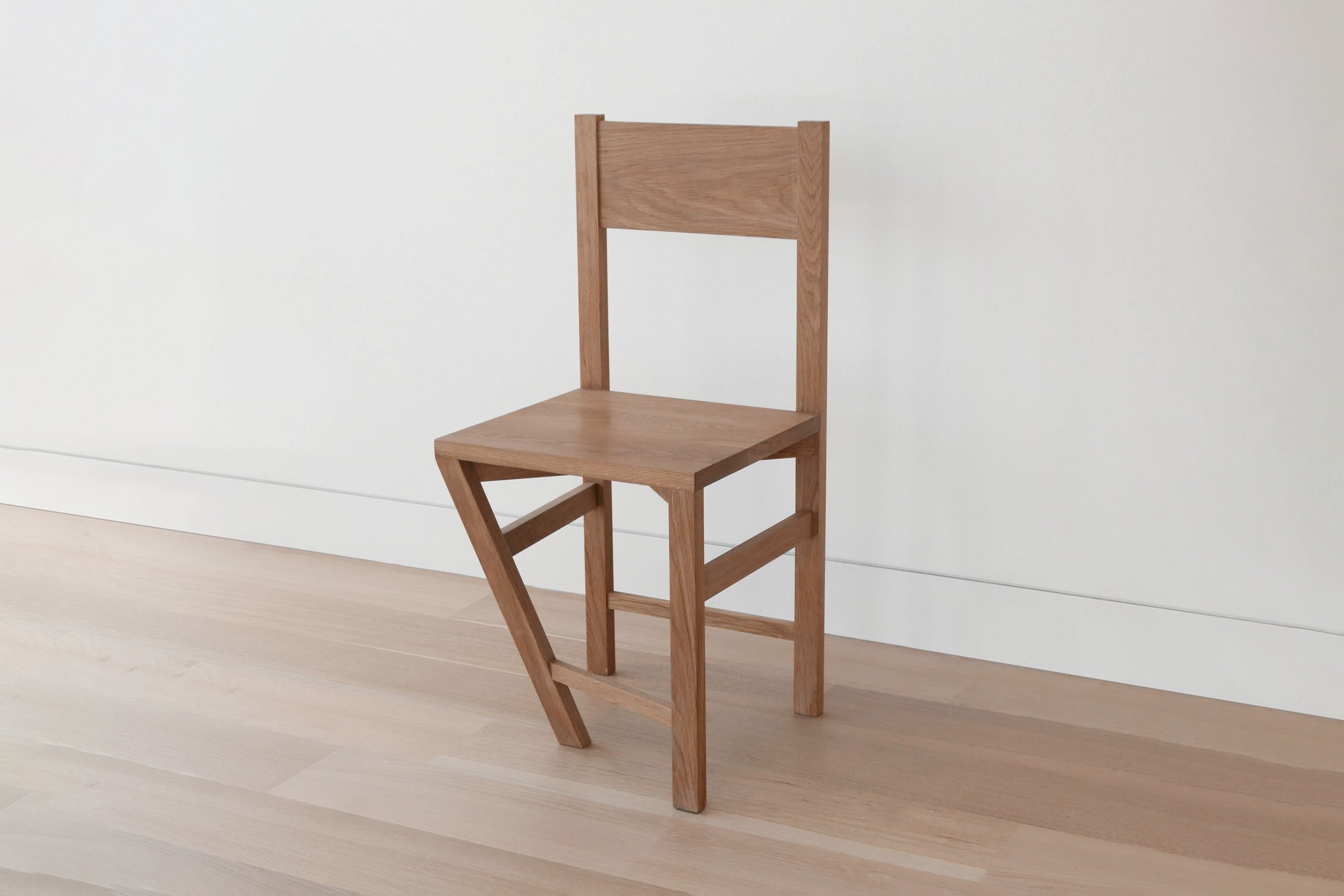
Objects intentionally designed with flaws trigger compassion for our imperfections.
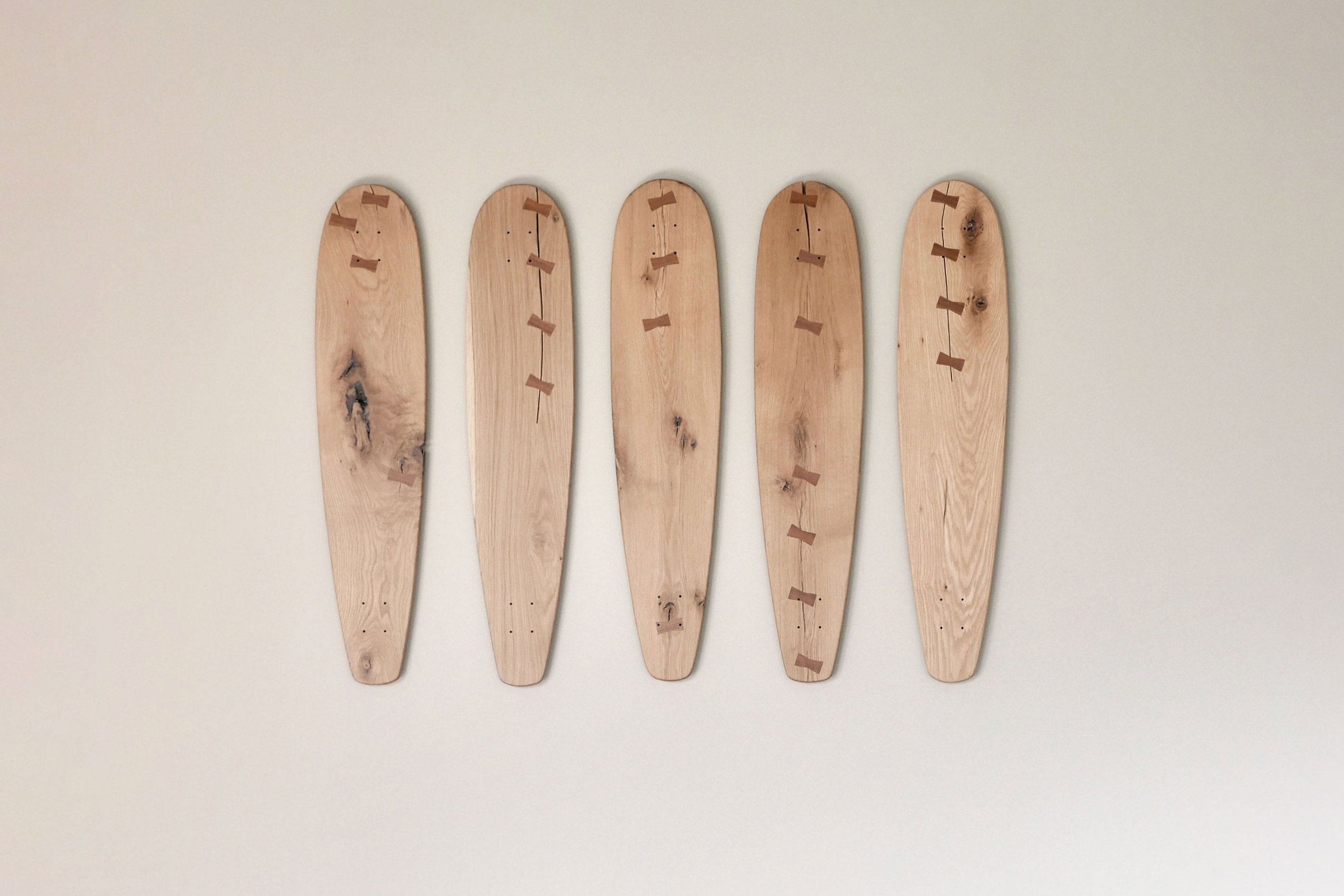
A broken skateboard serves as a pointer for inquiry and ignites self-exploration.
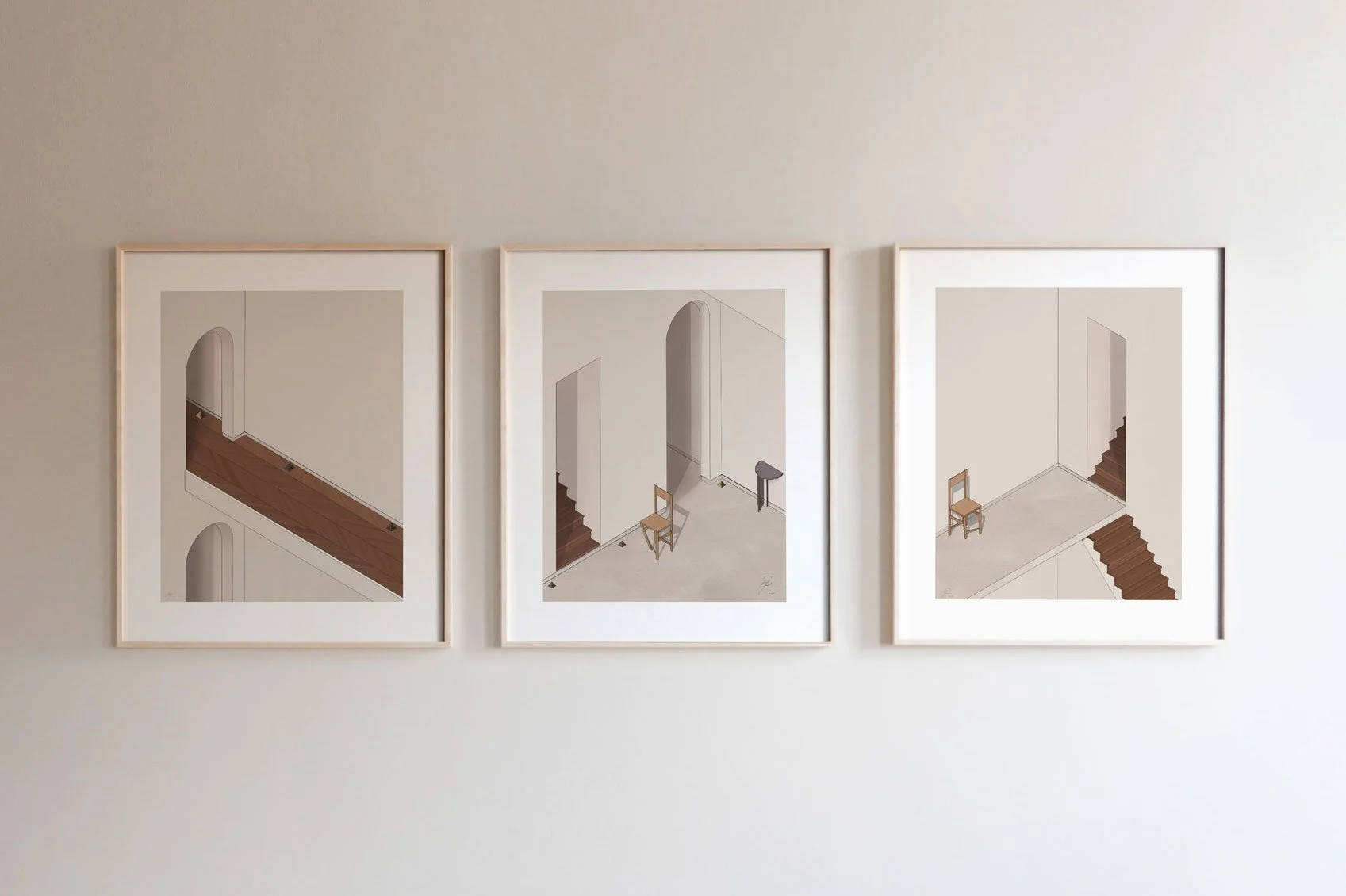
Wall art featuring devices gently reminds you to regain control of your mind.
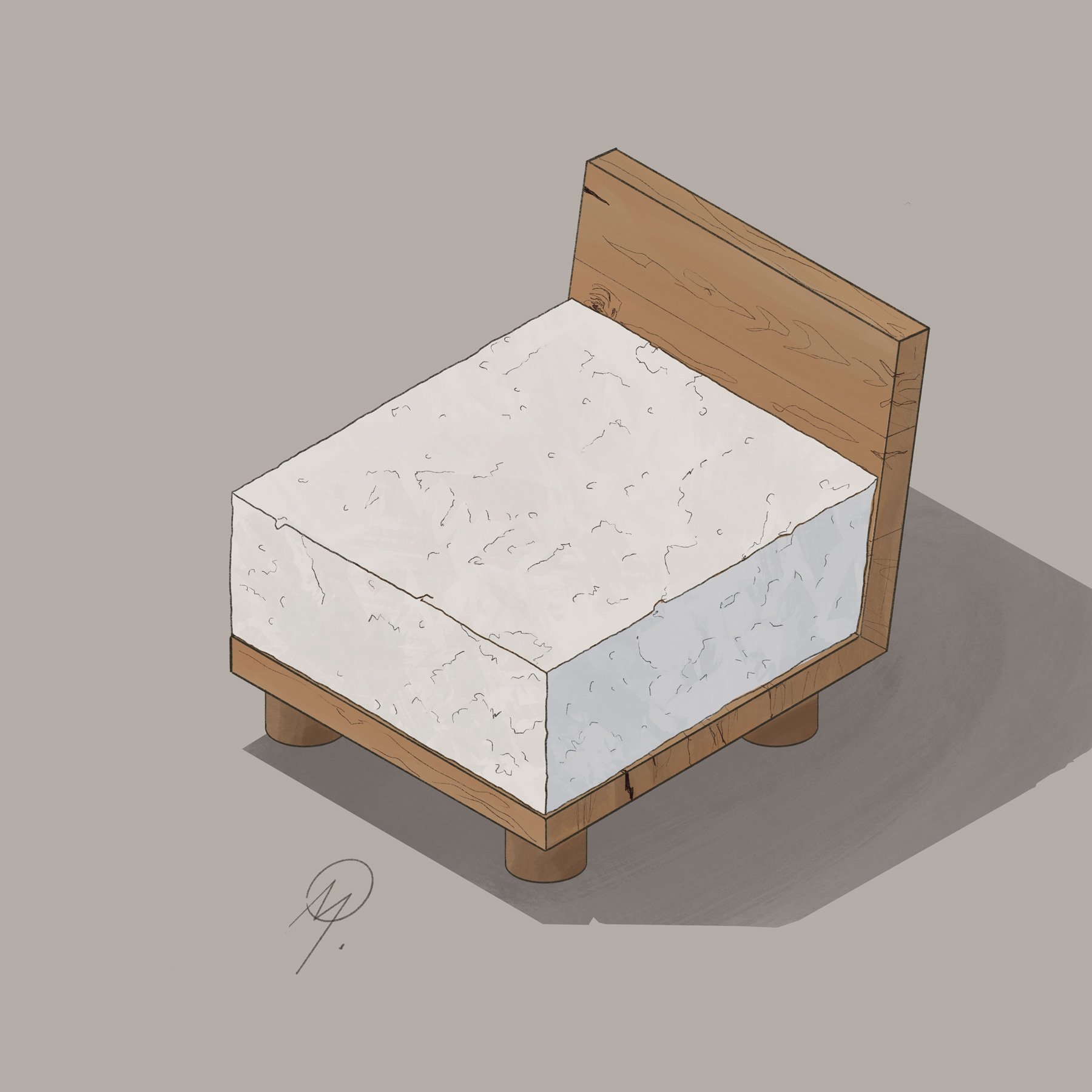
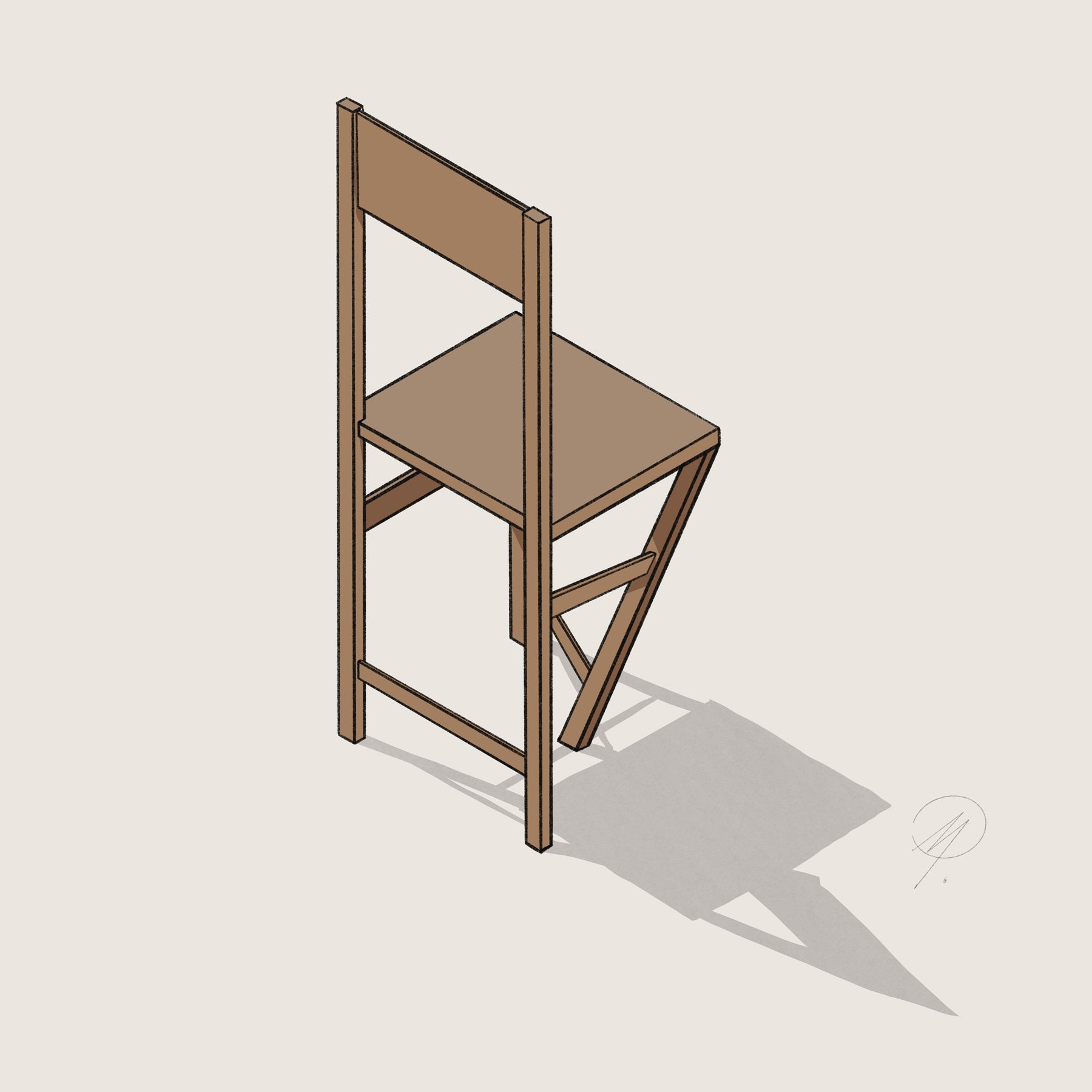
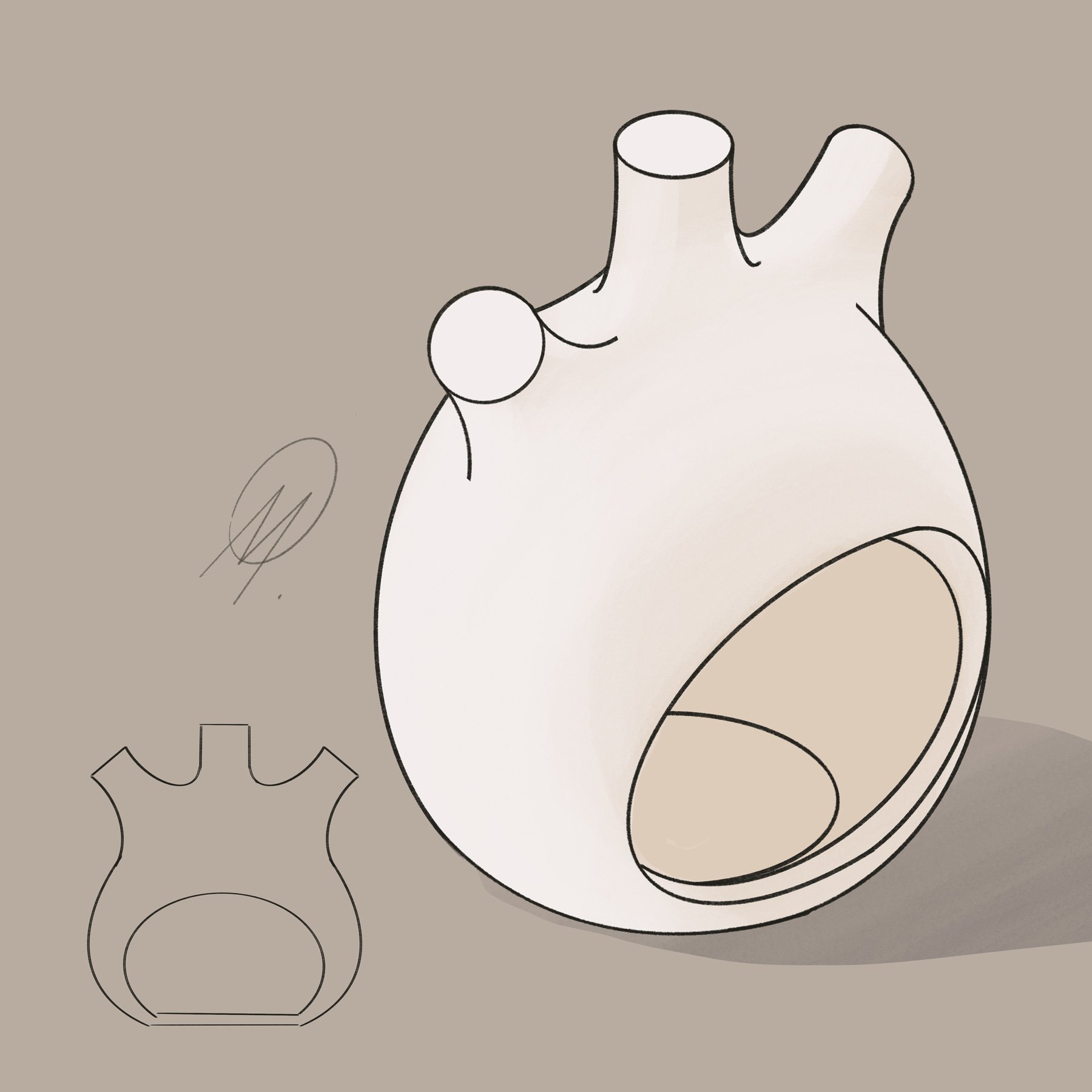
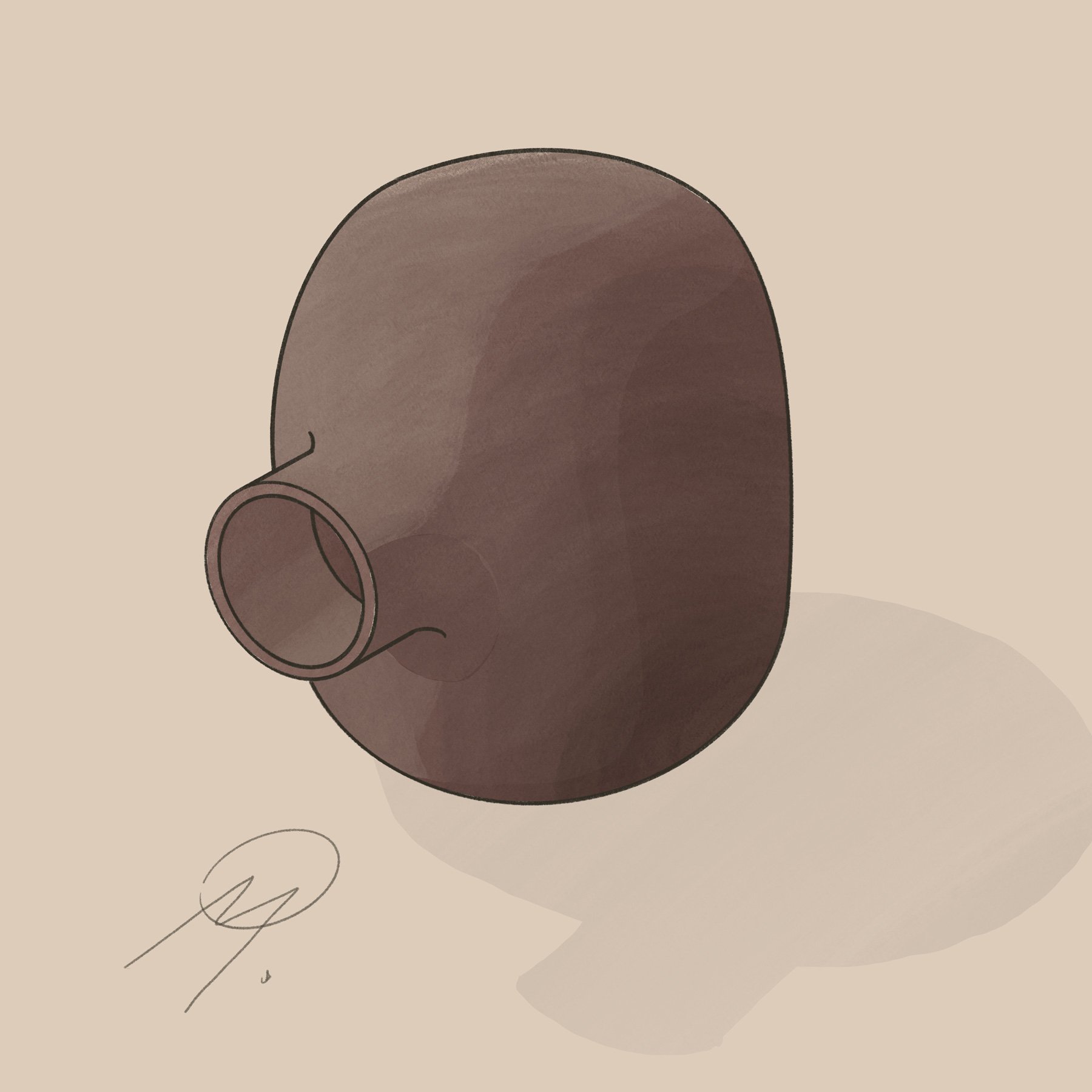
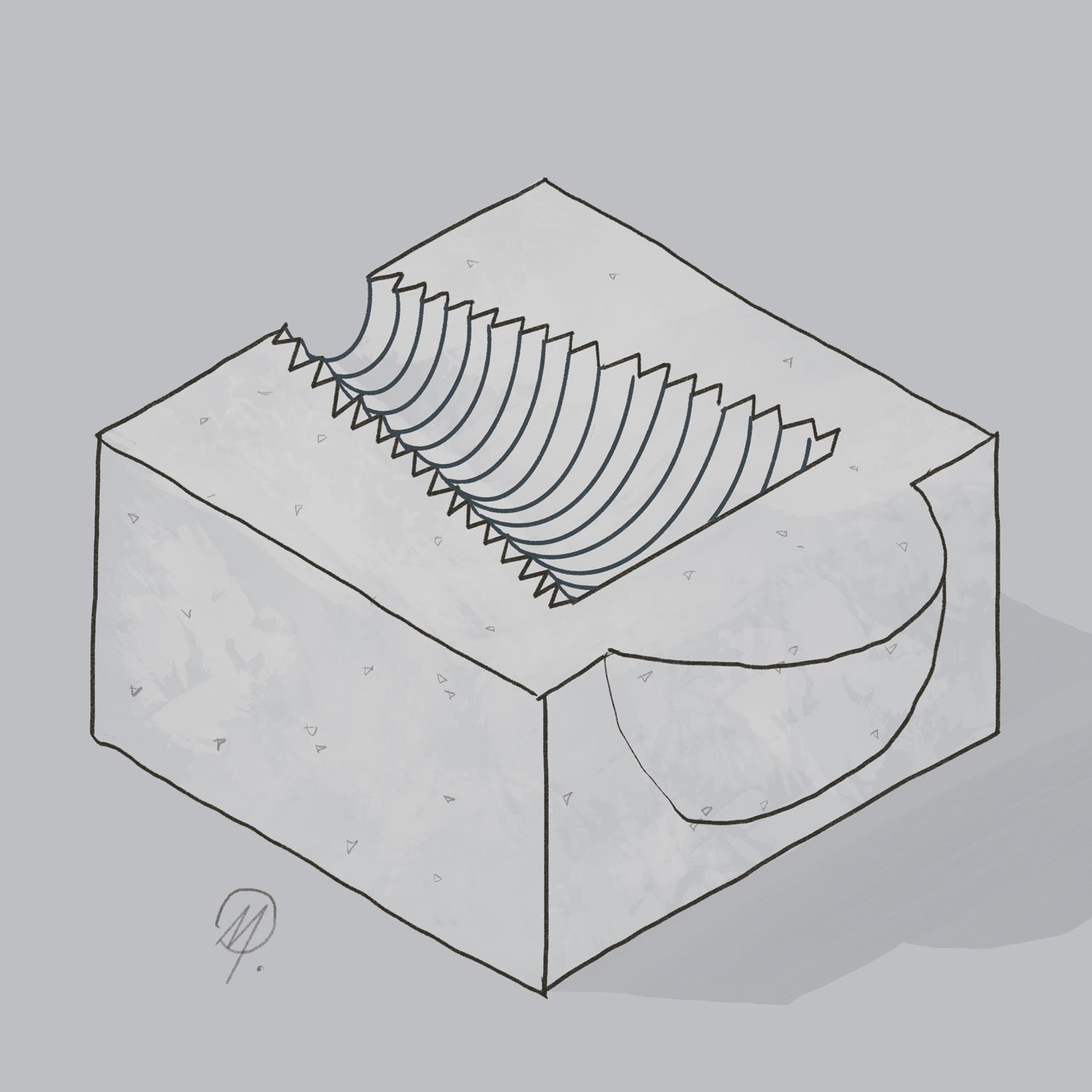
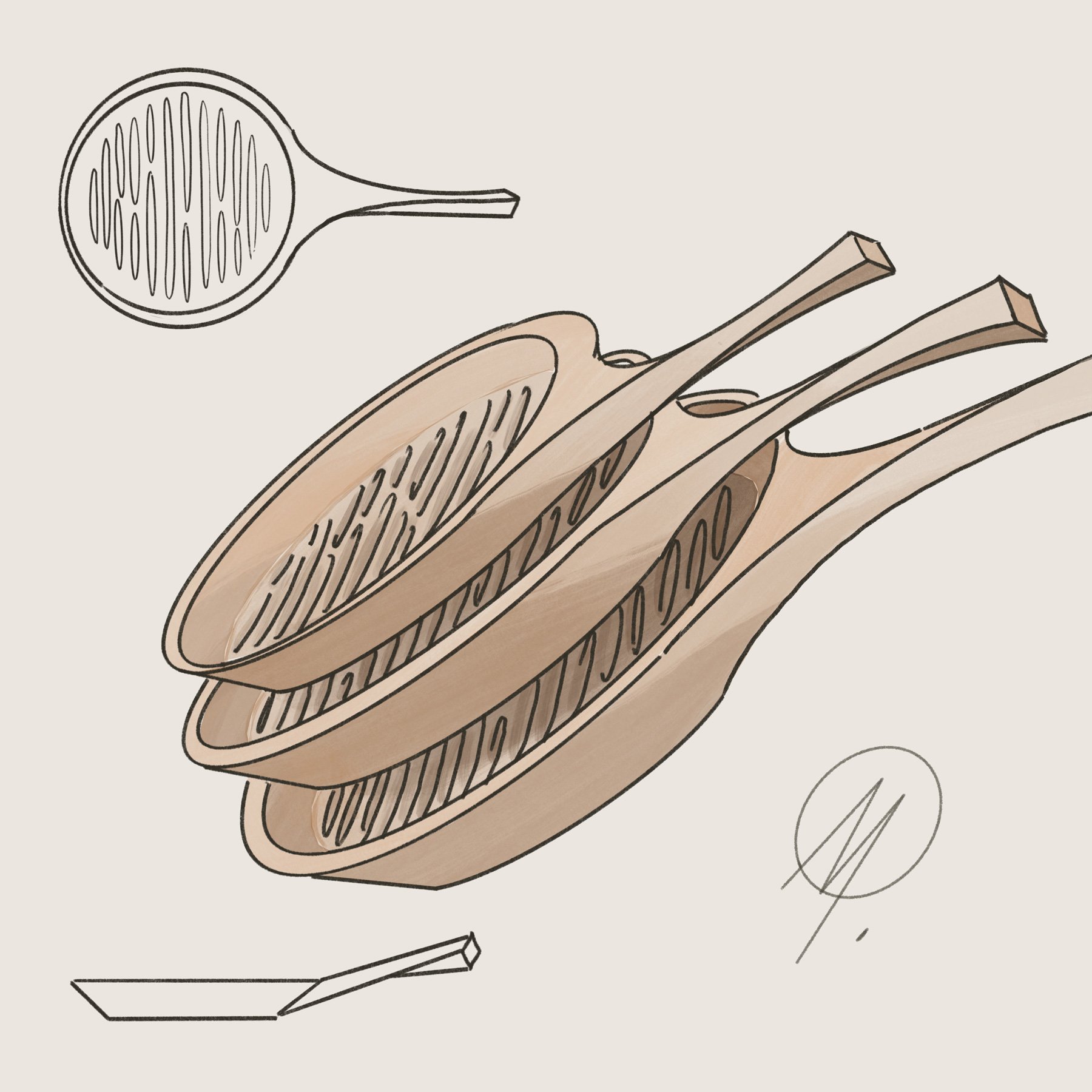
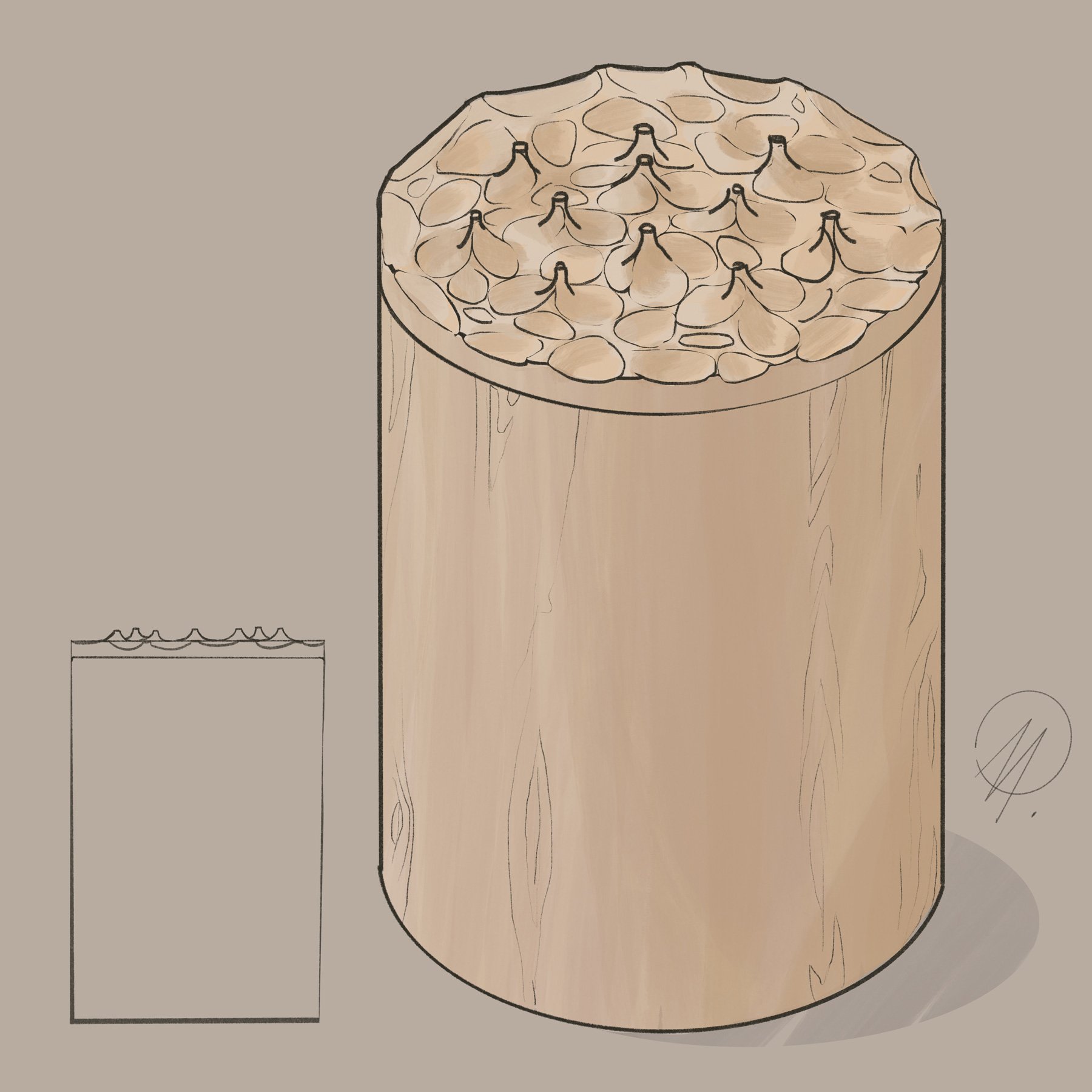
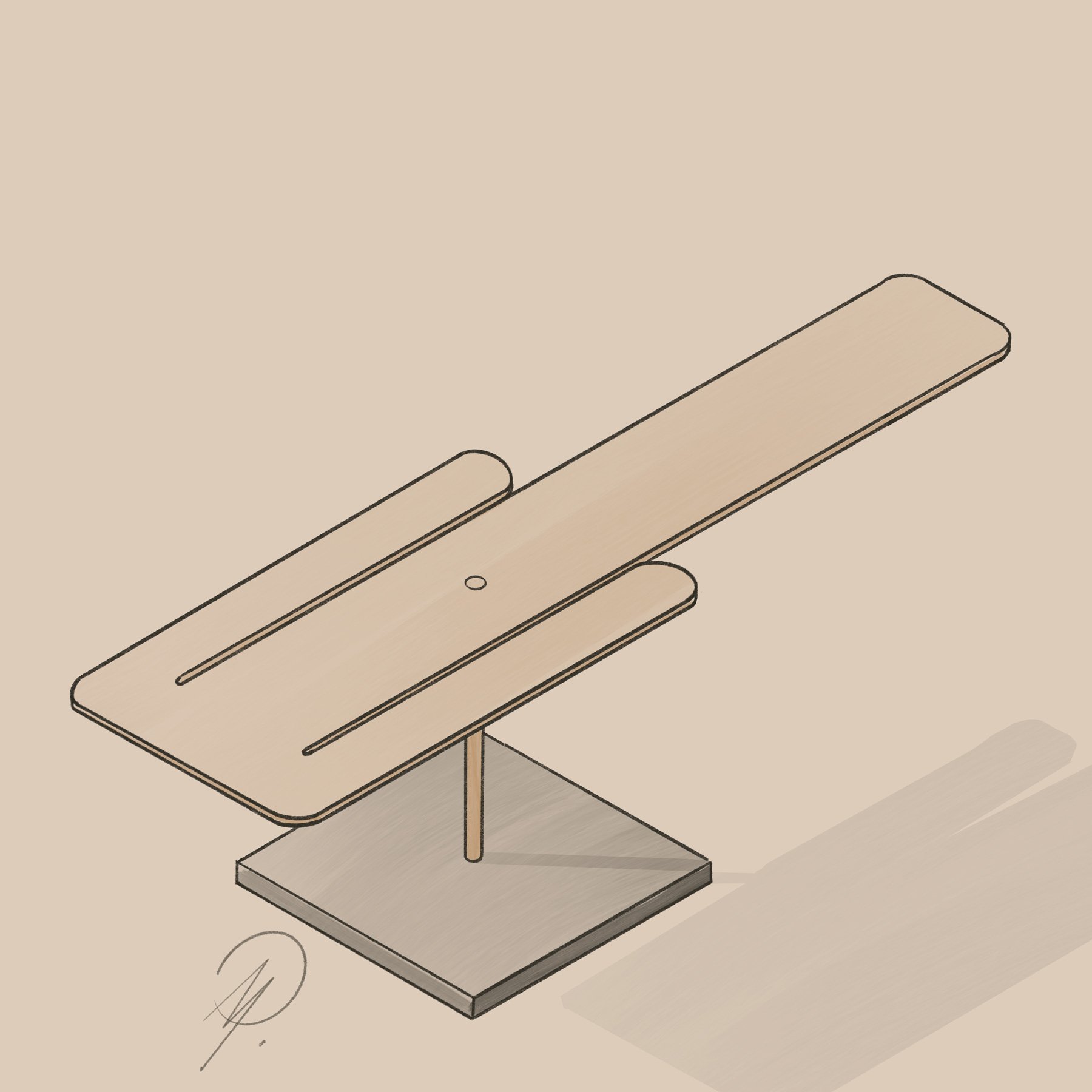
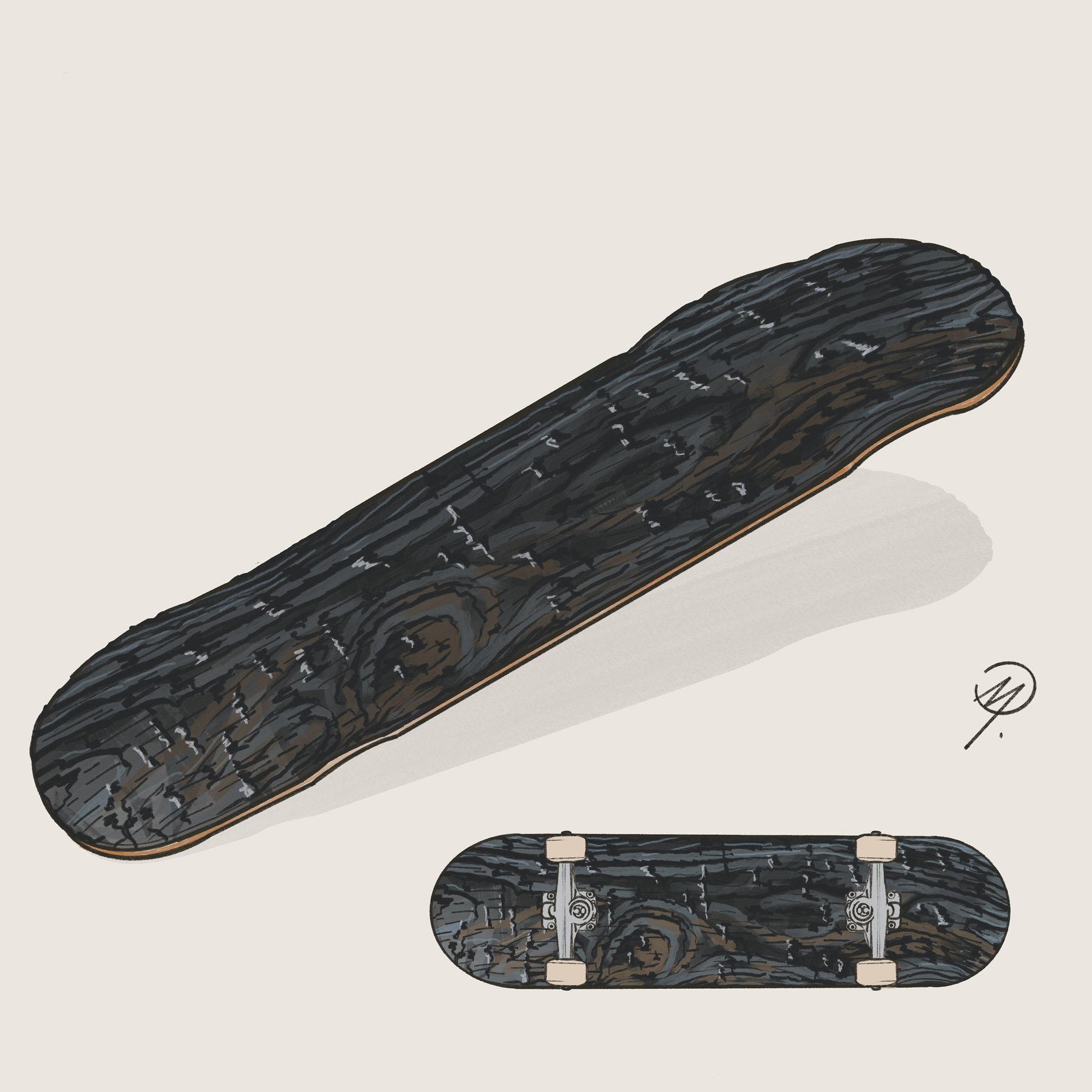
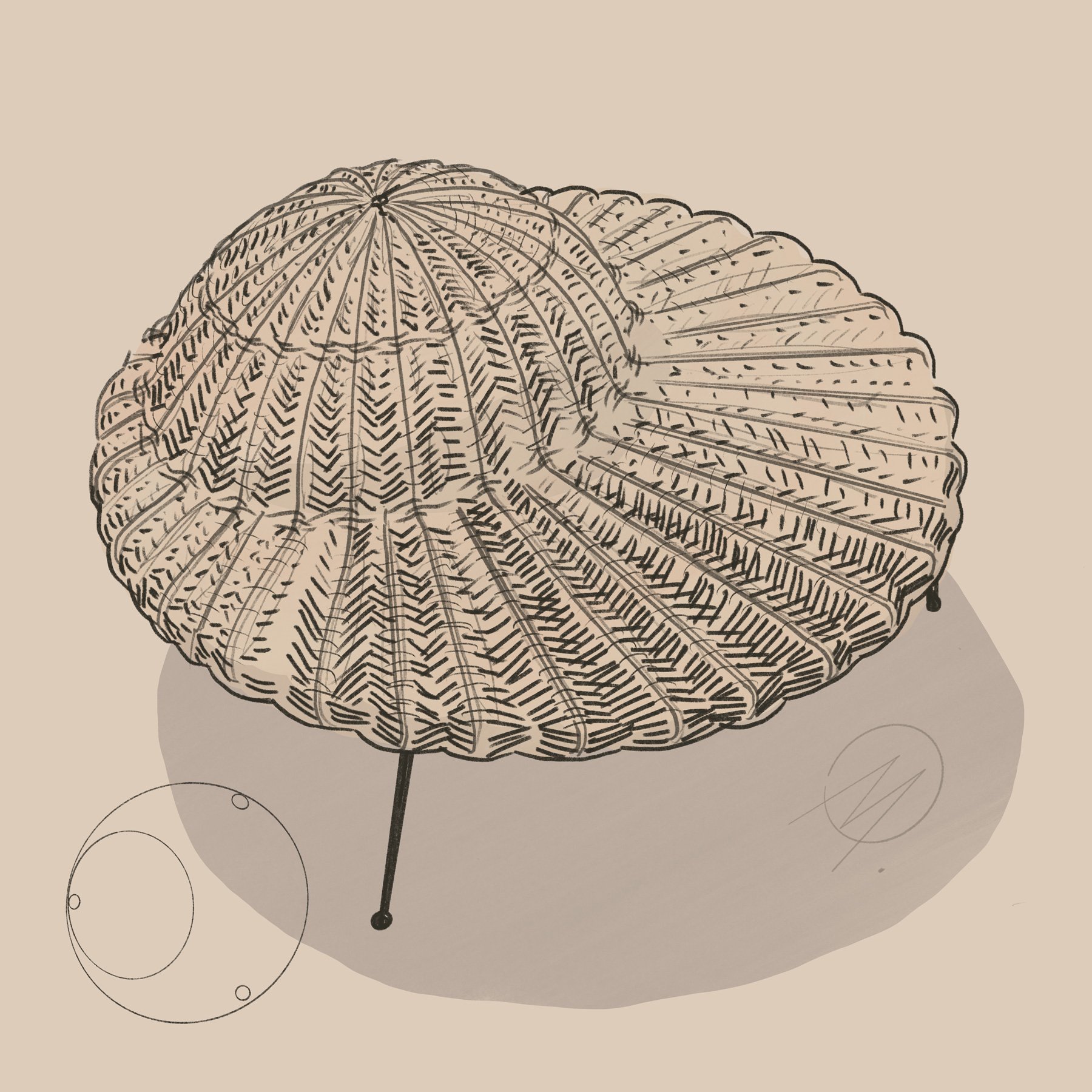
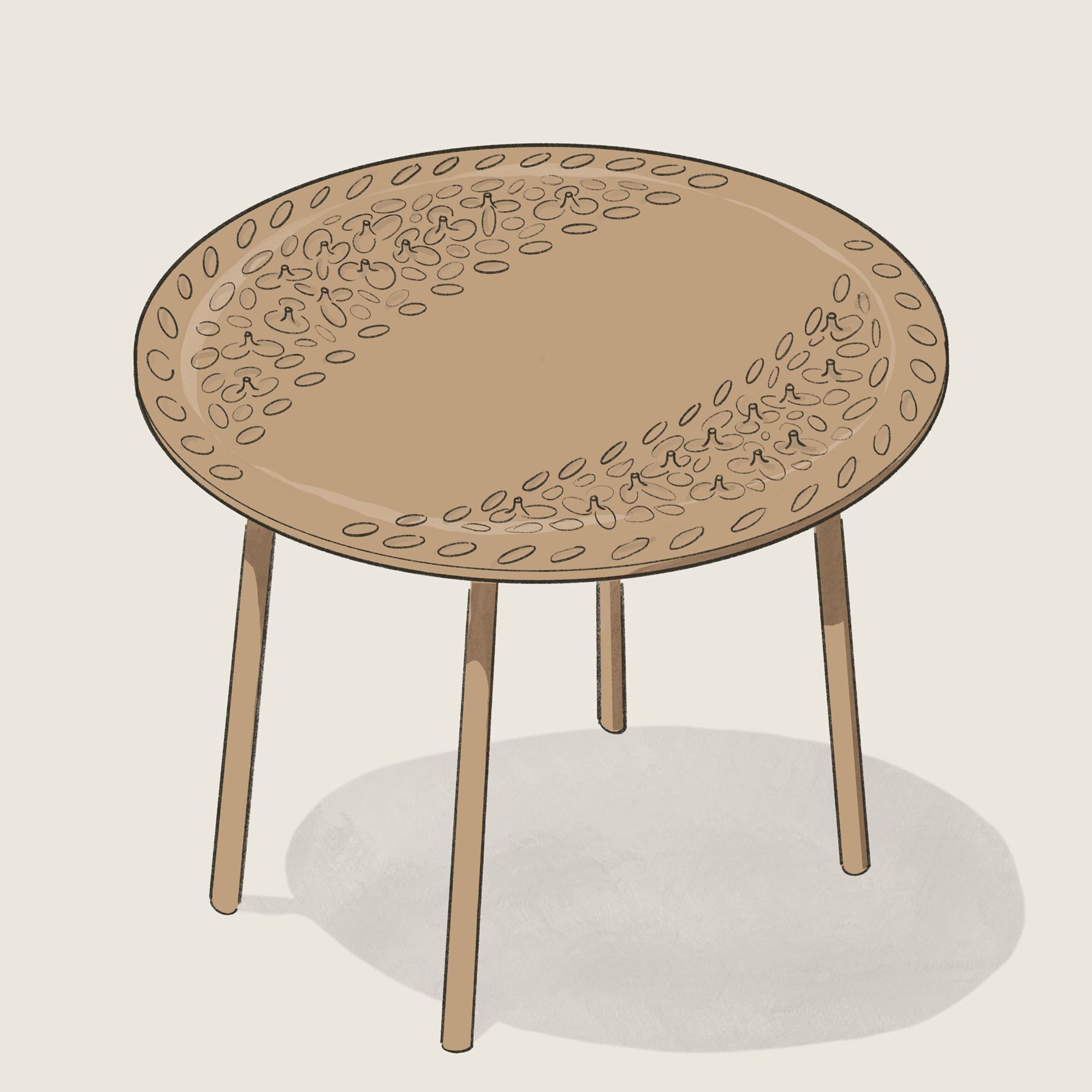
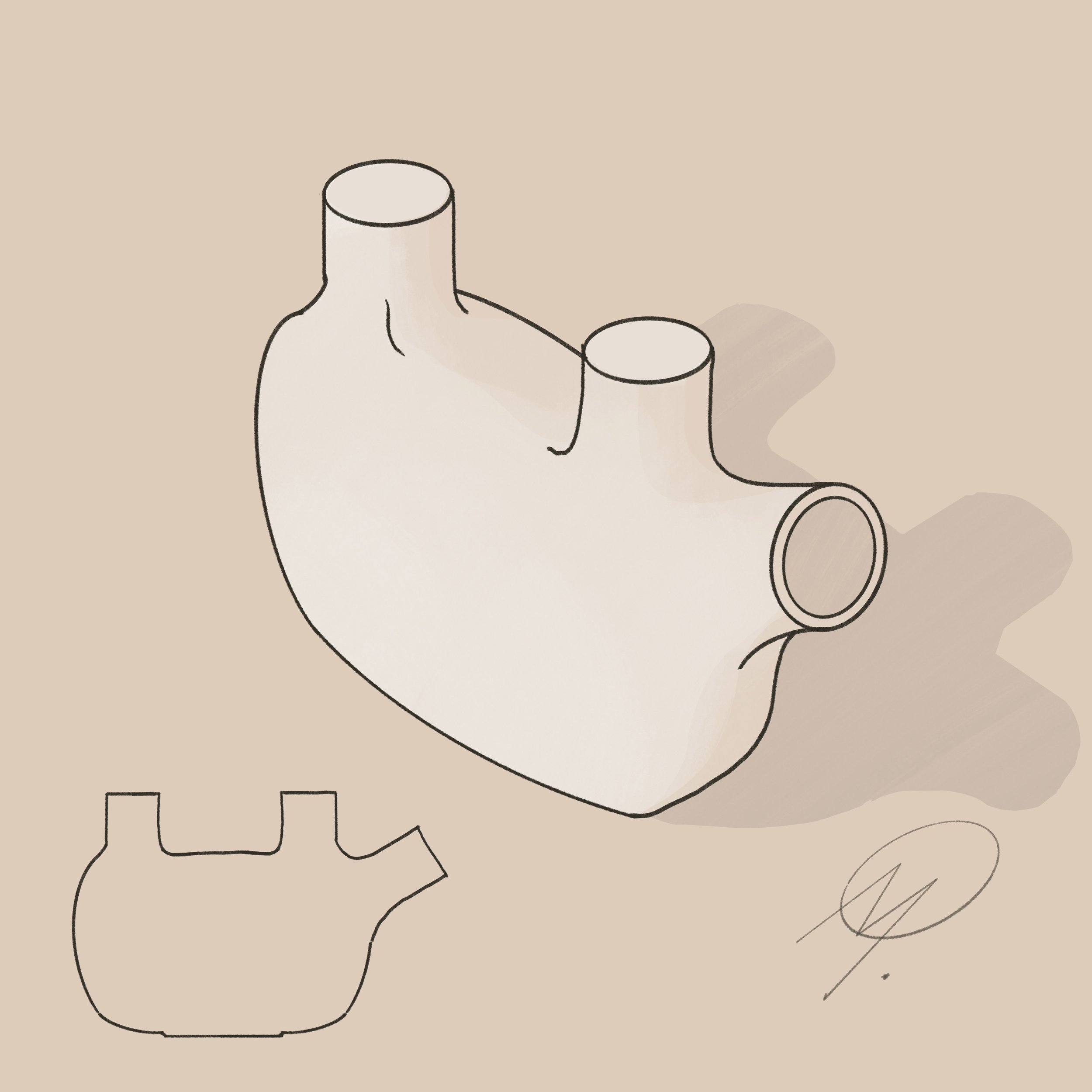
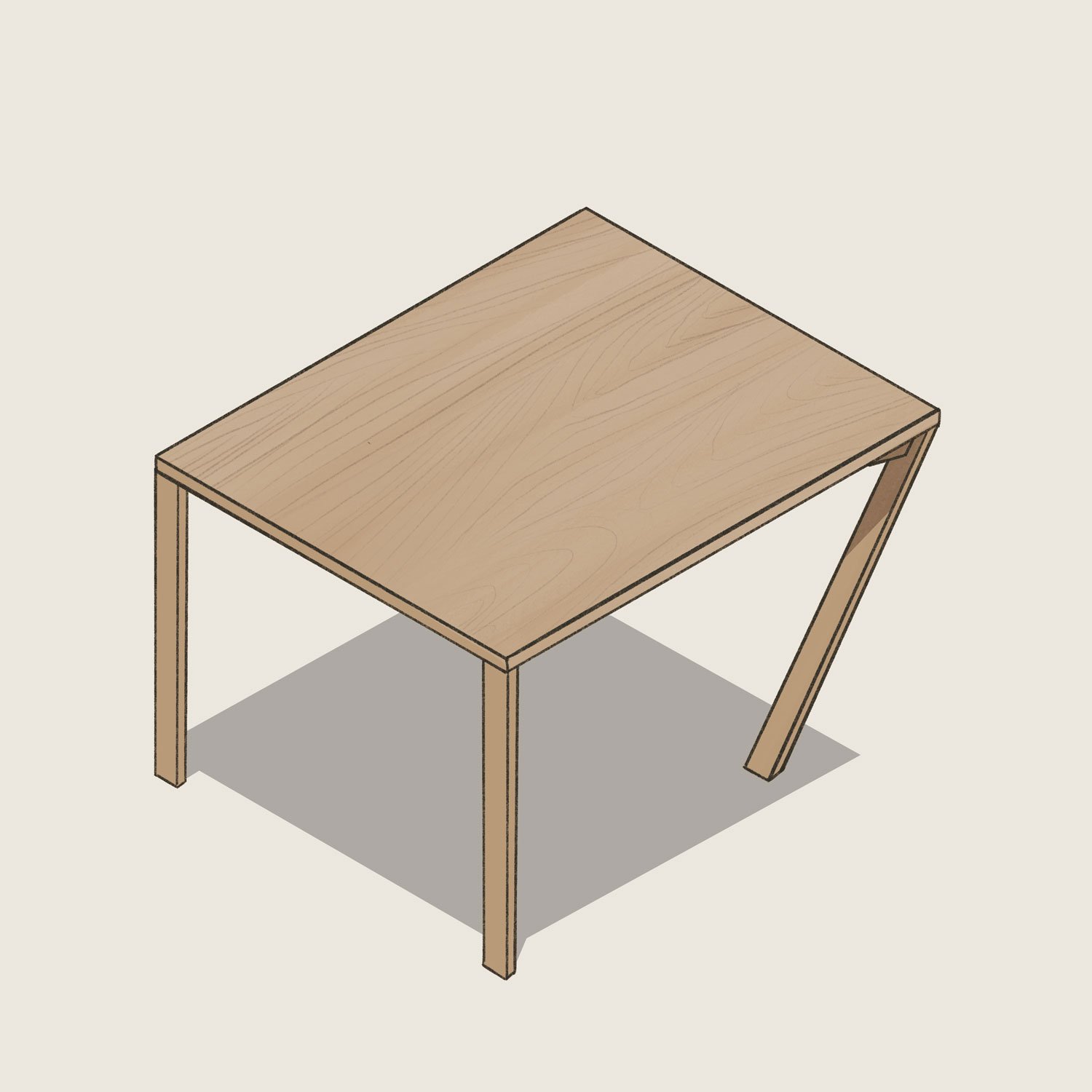
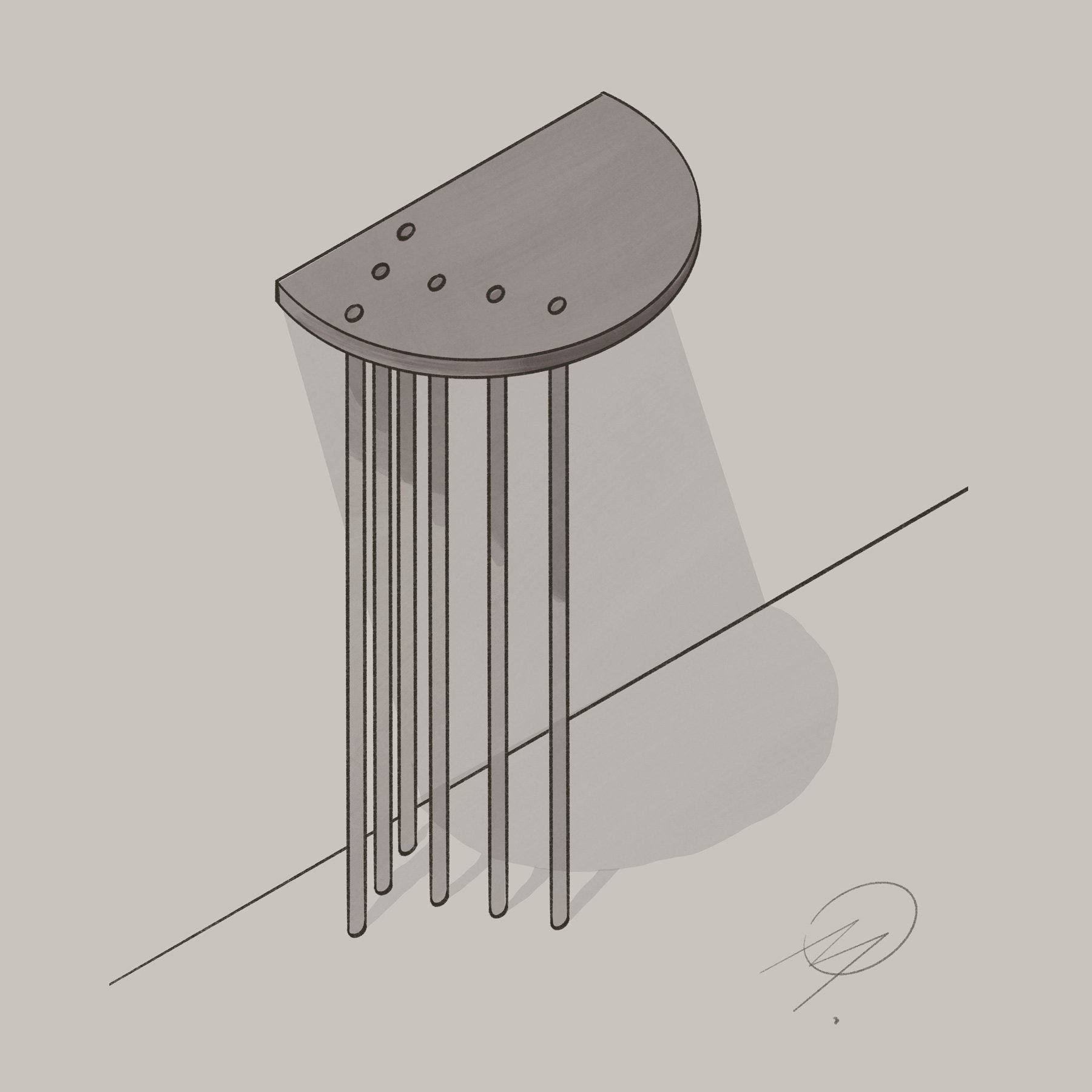
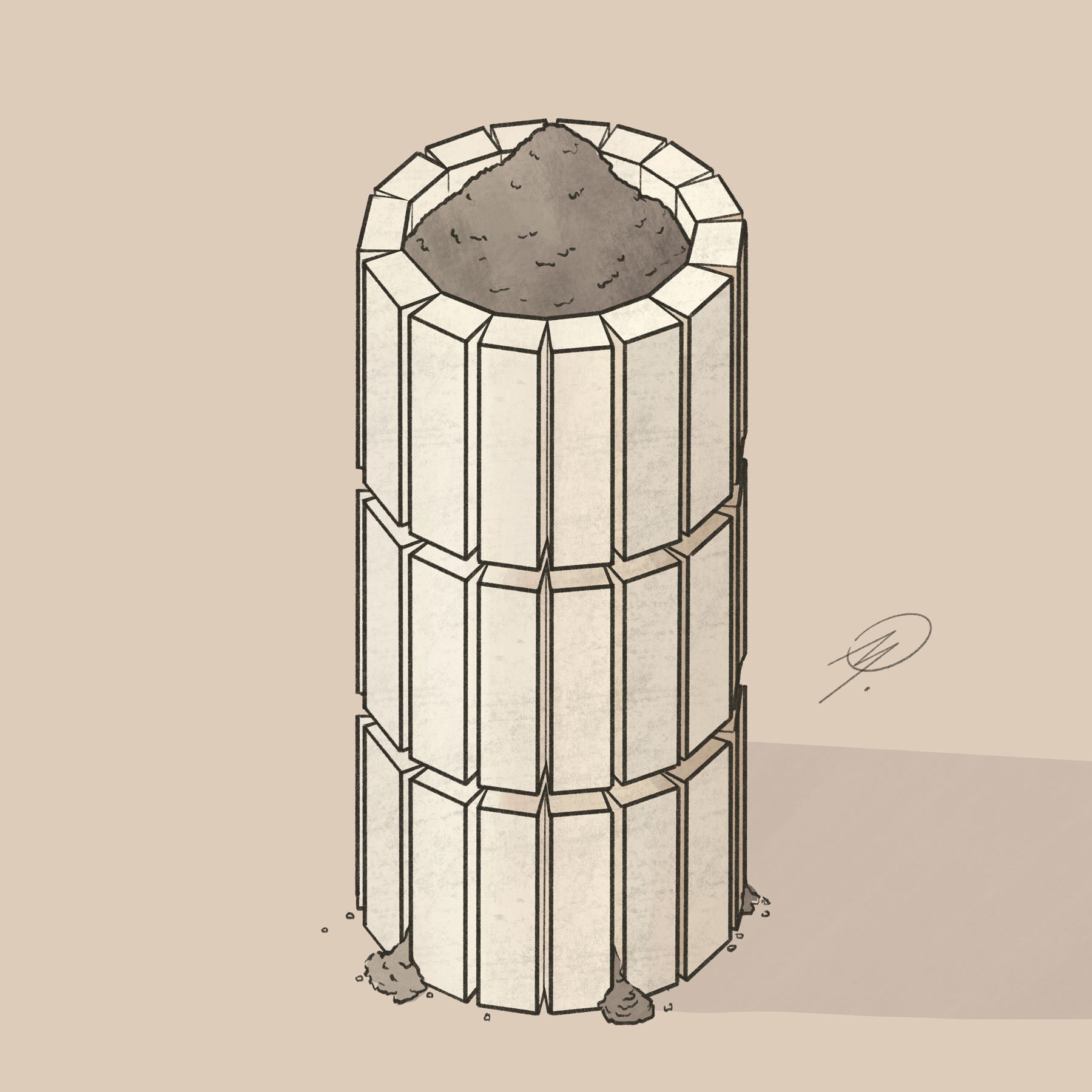
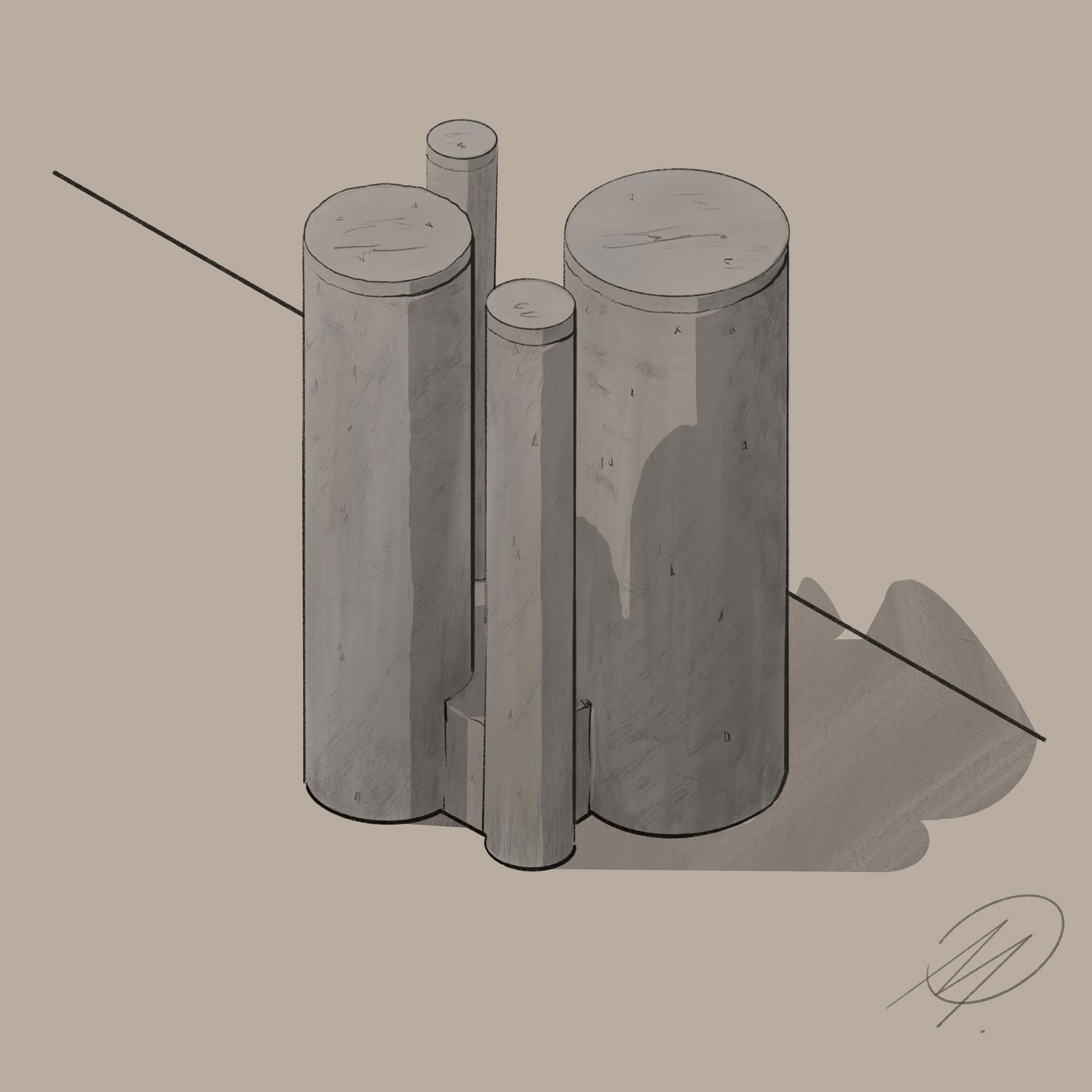
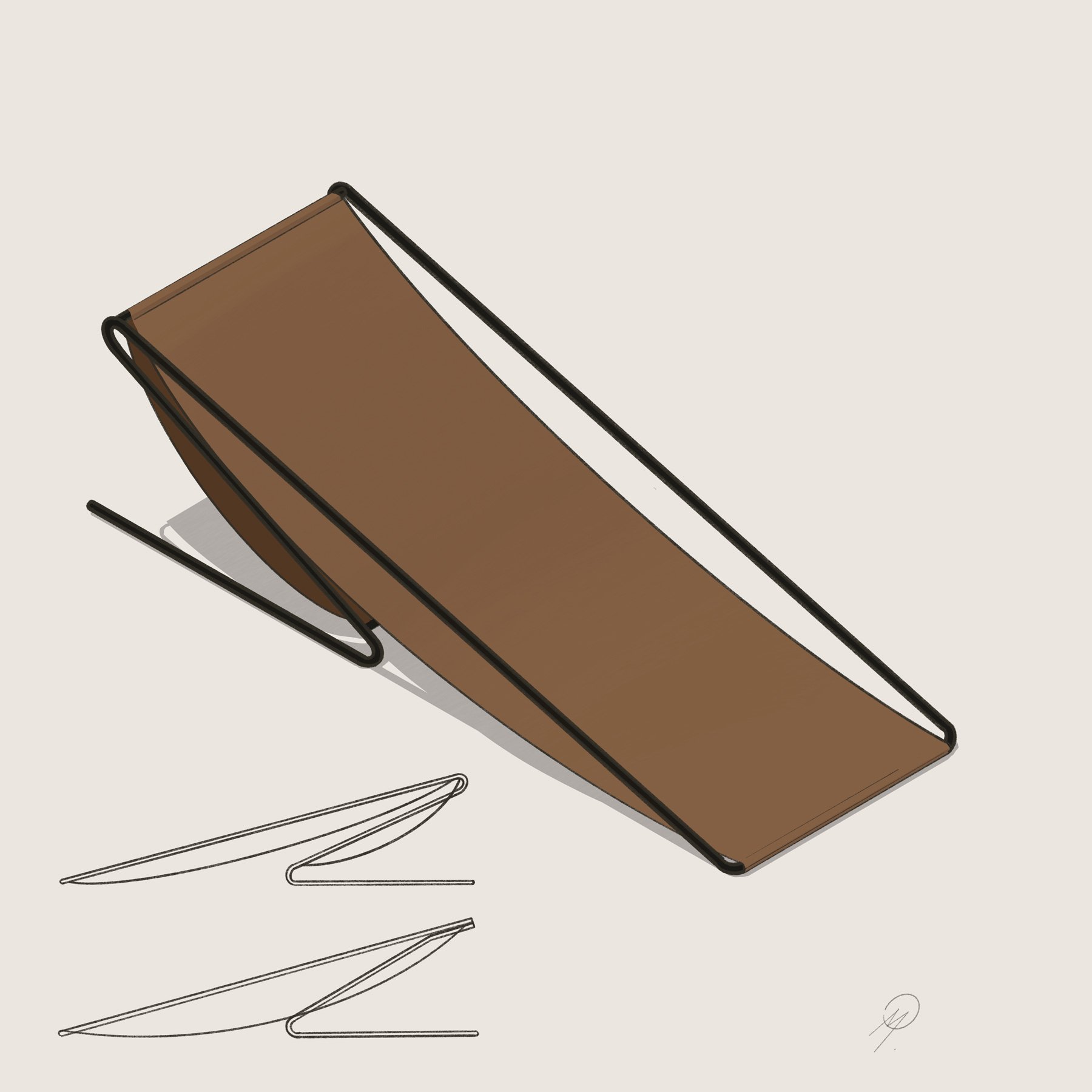
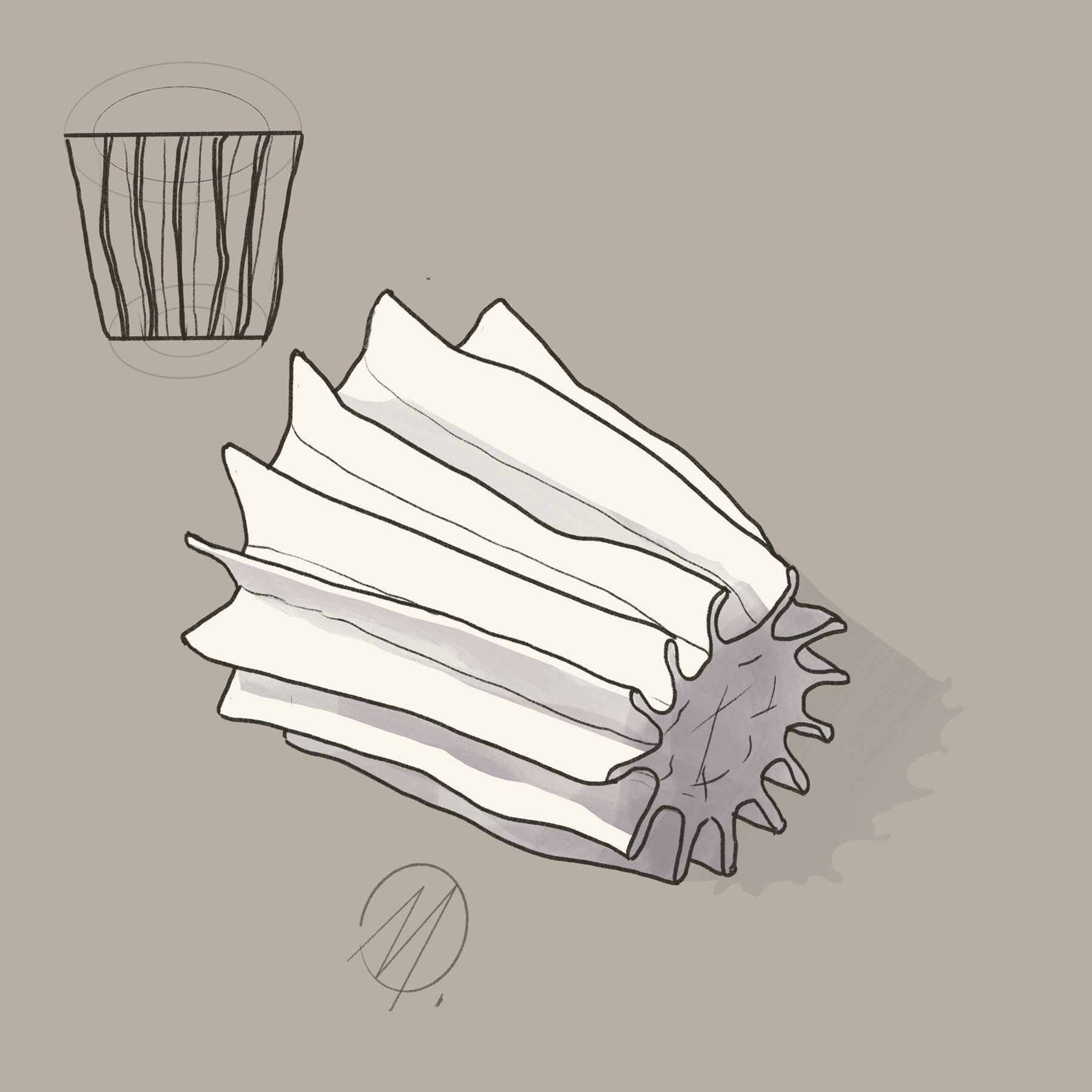

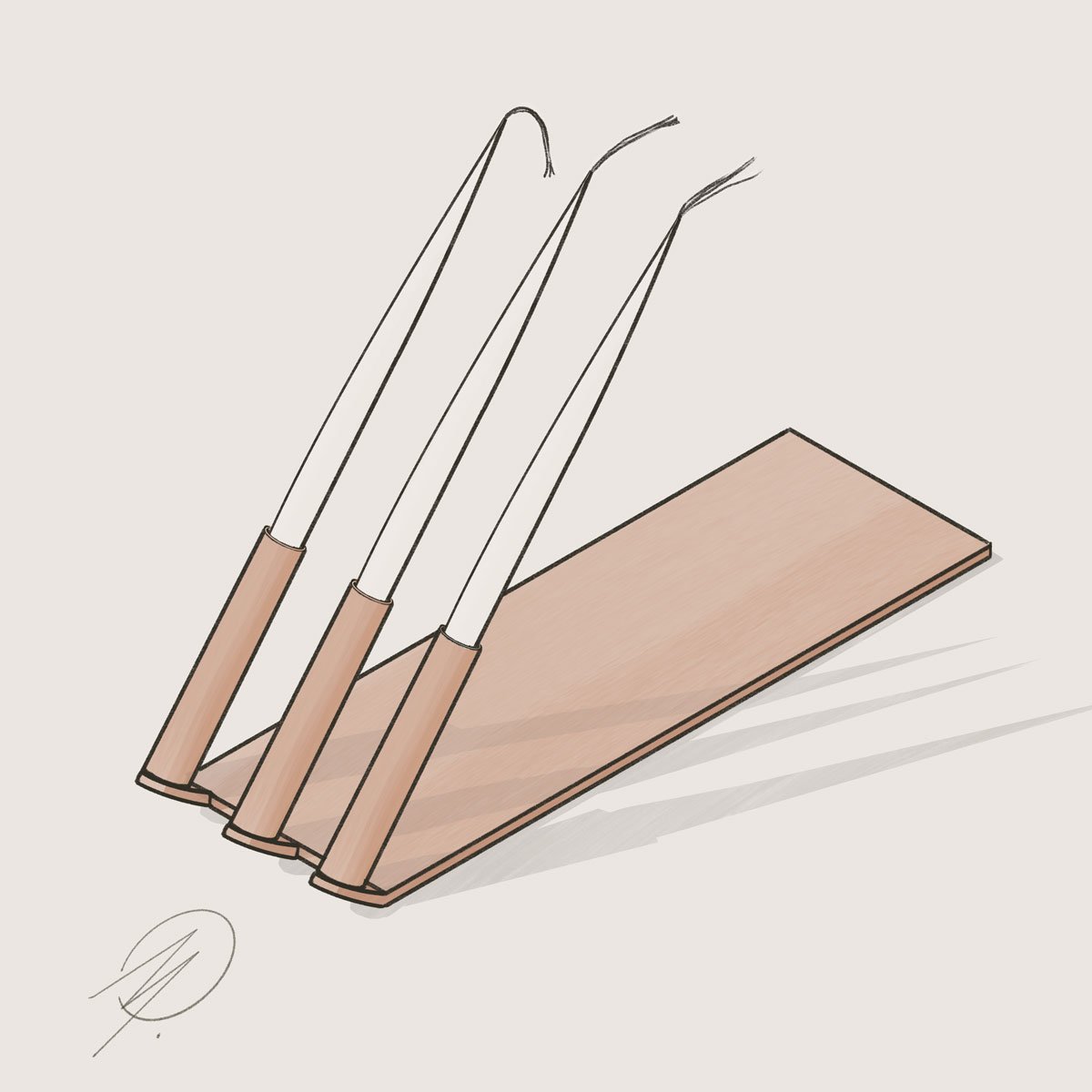
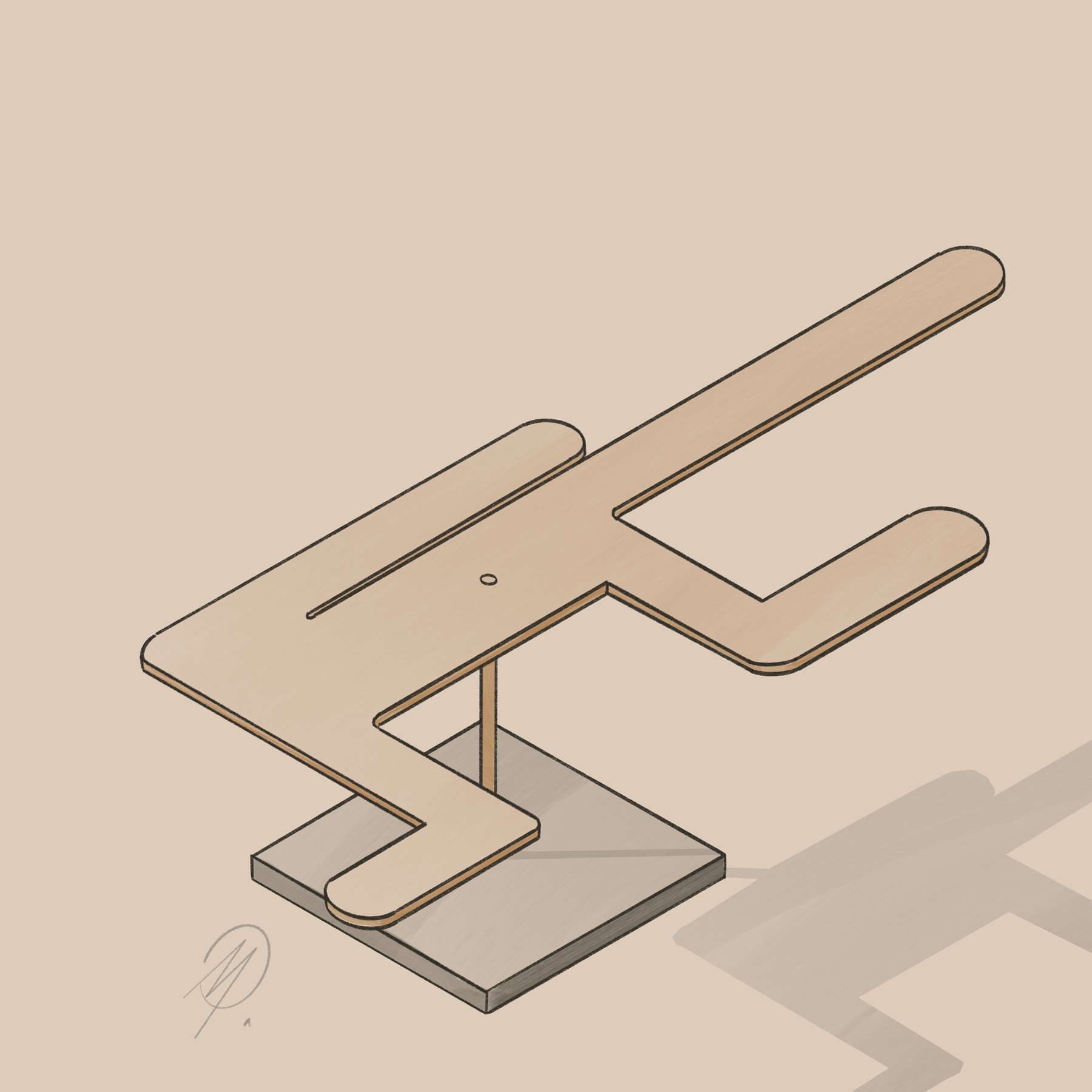
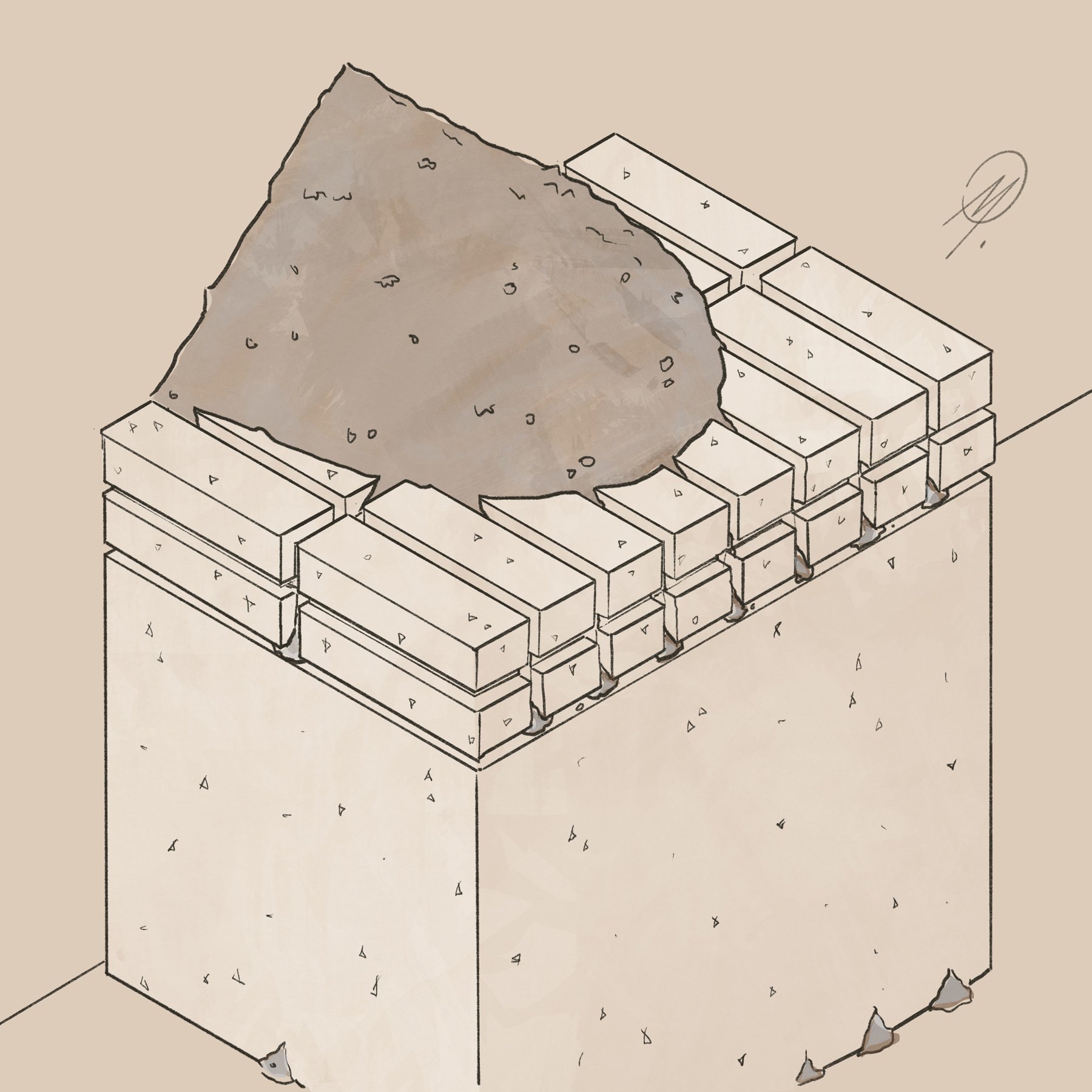
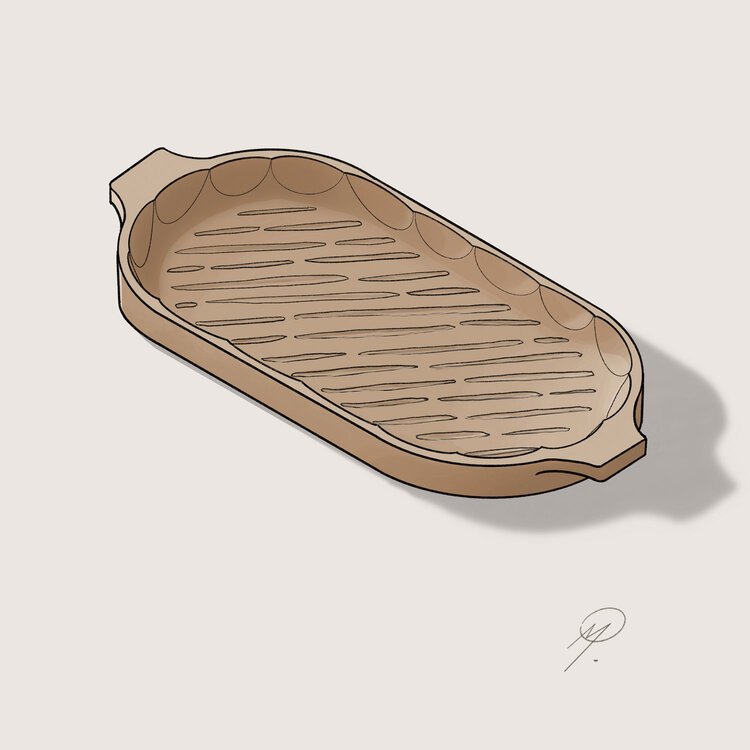
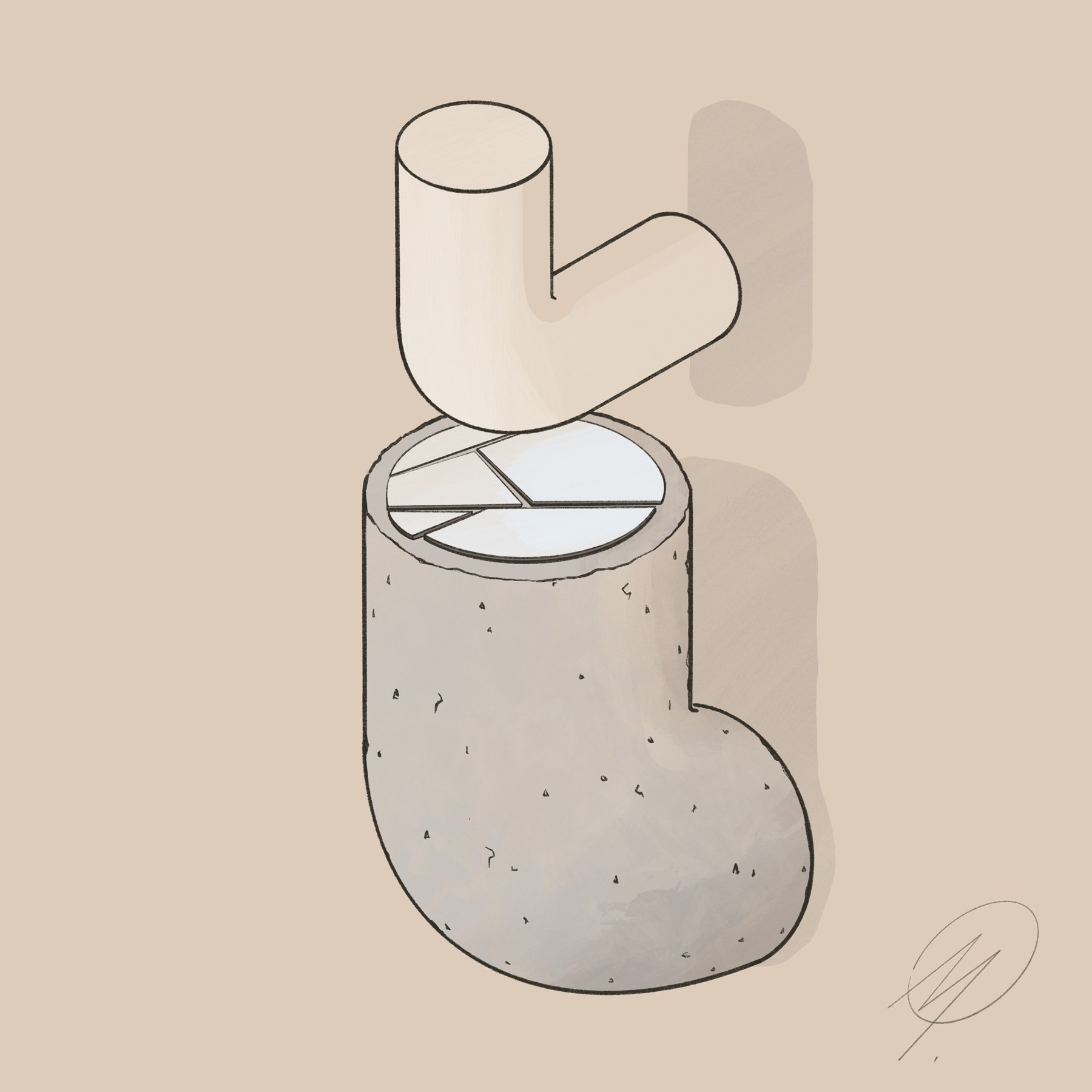
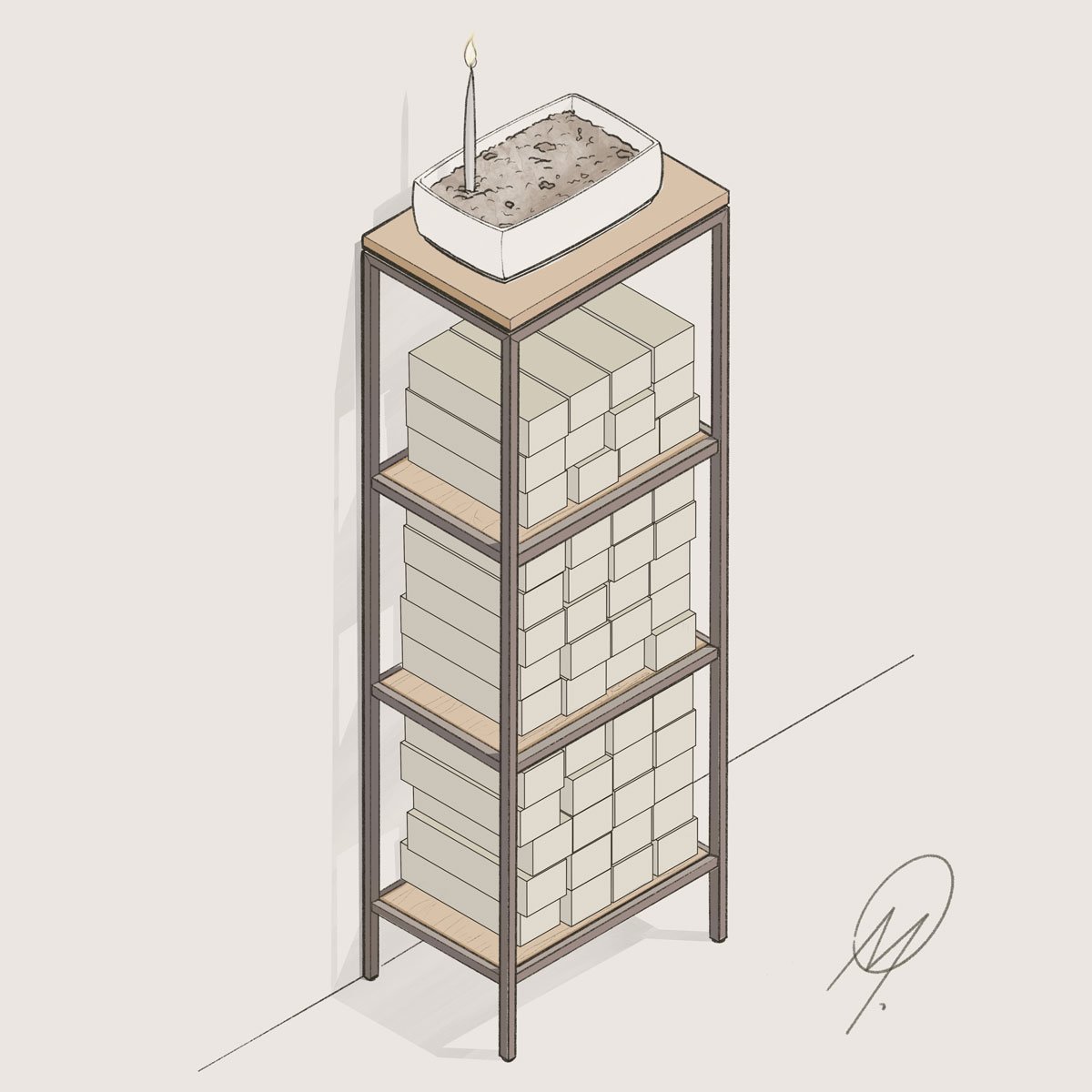
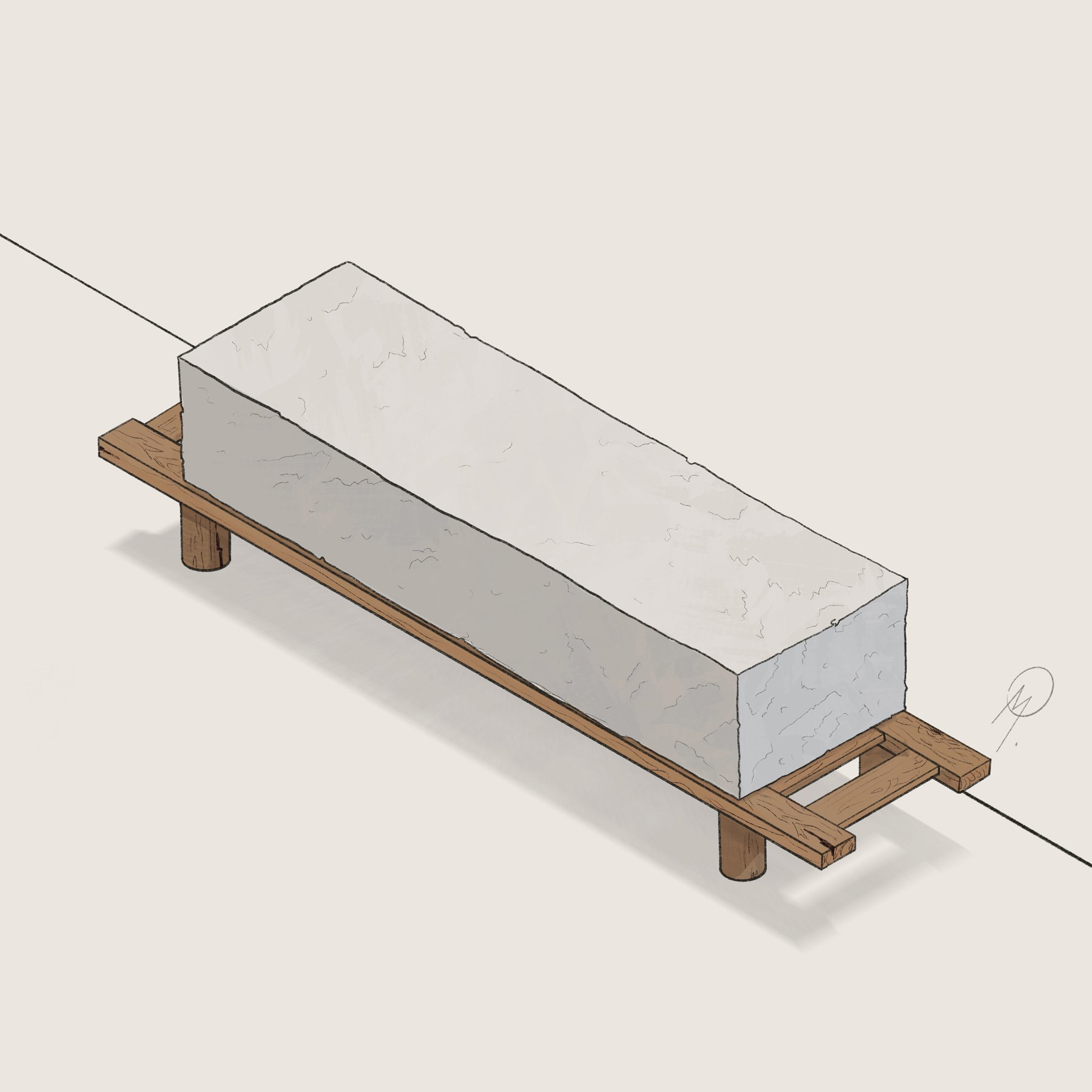
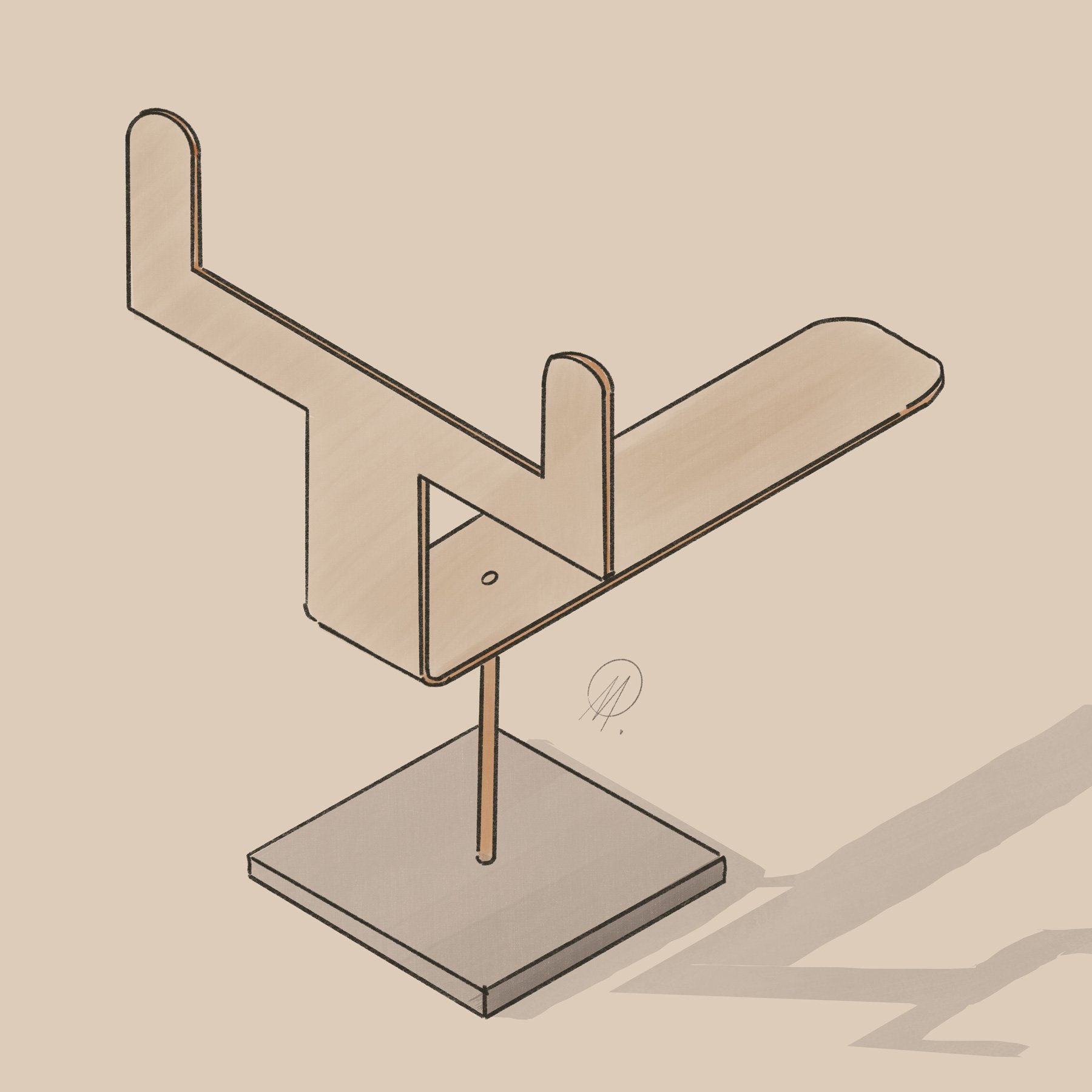
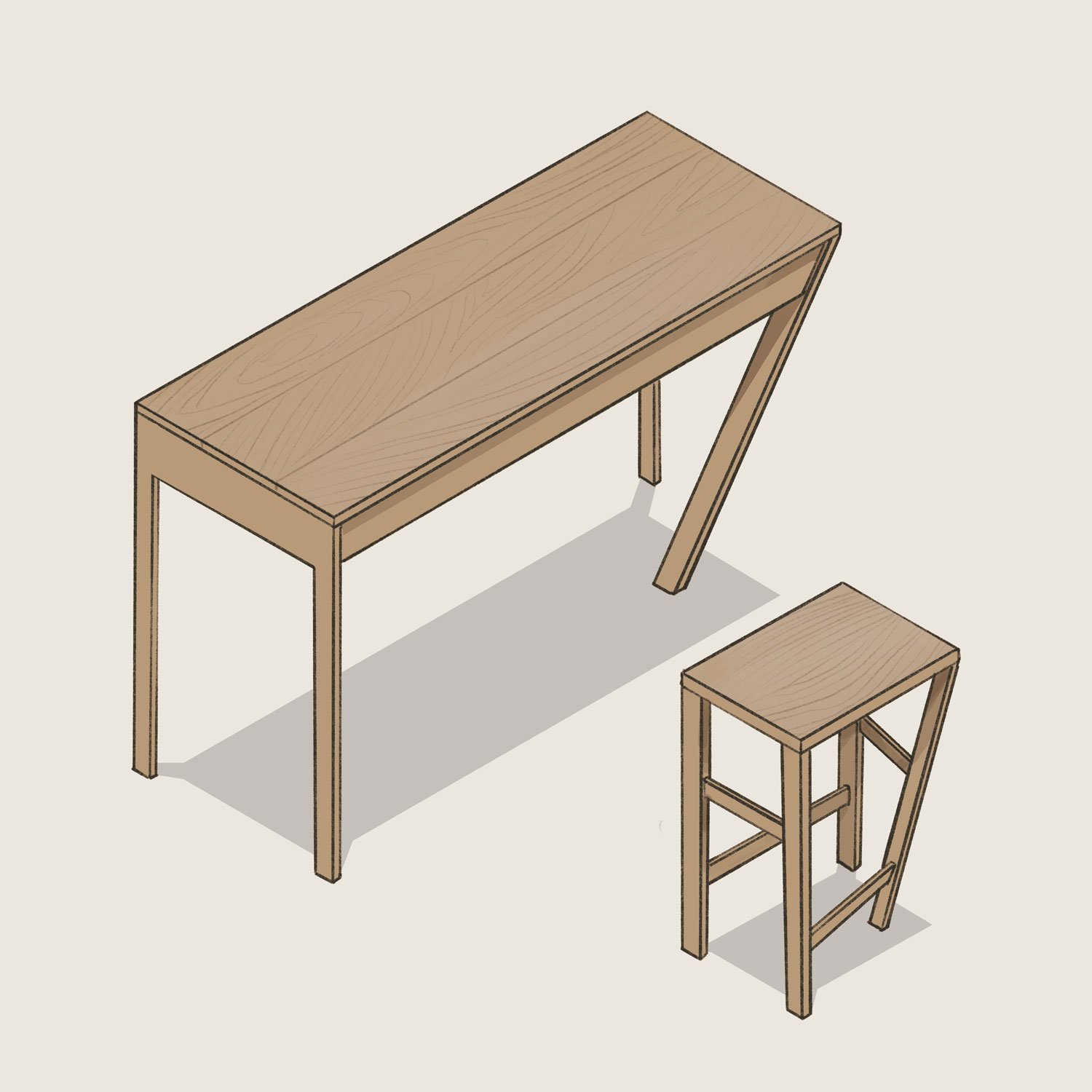
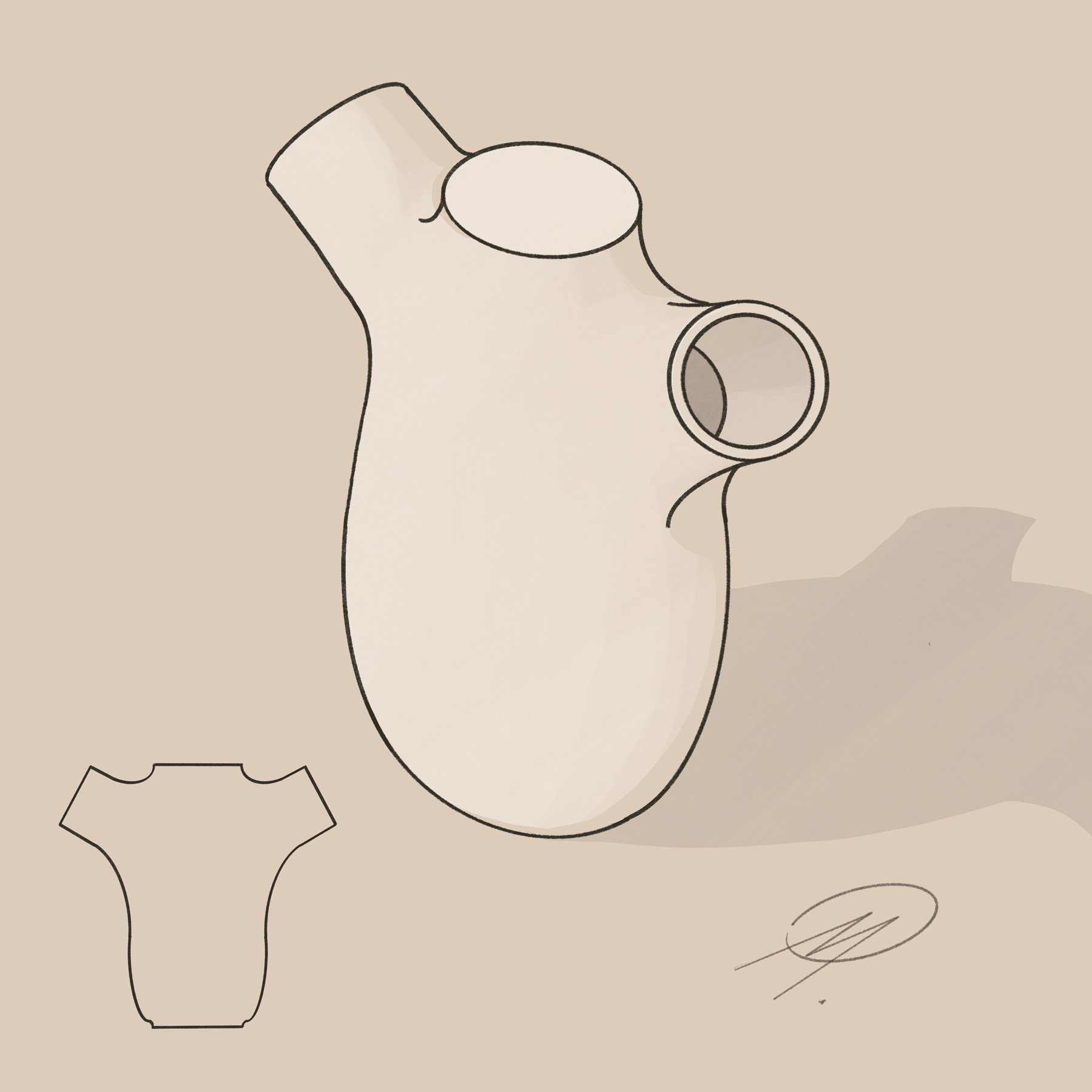
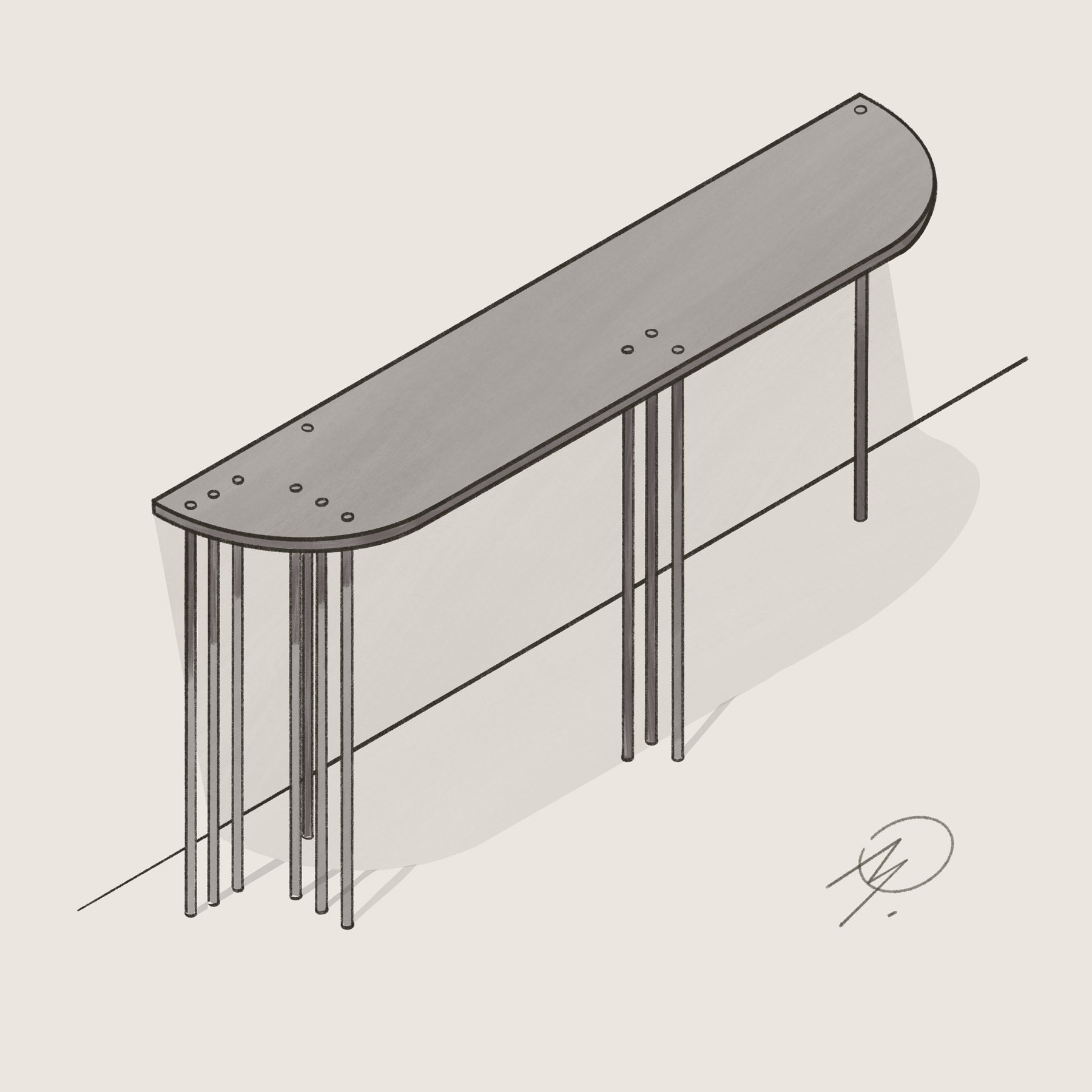
Spiritual Design: Progressing
At L'Enclos, we're propelling a transformative journey, harnessing the power of design to repurpose ordinary objects from their original functions to act as signposts for your spiritual practice, transcending their simple existence as products as you journey toward awakening your consciousness. We achieve this by investing in research, design, engineering, and the fabrication of more devices. Take a course with us and explore your innate creativity.
Reach out to learn more →Project Types
Furniture, Design Objects, Household Items
Materials
Ceramic, Wood, Metal, Glass, Concrete
Deep dive into our Search for Truth with the essay.







